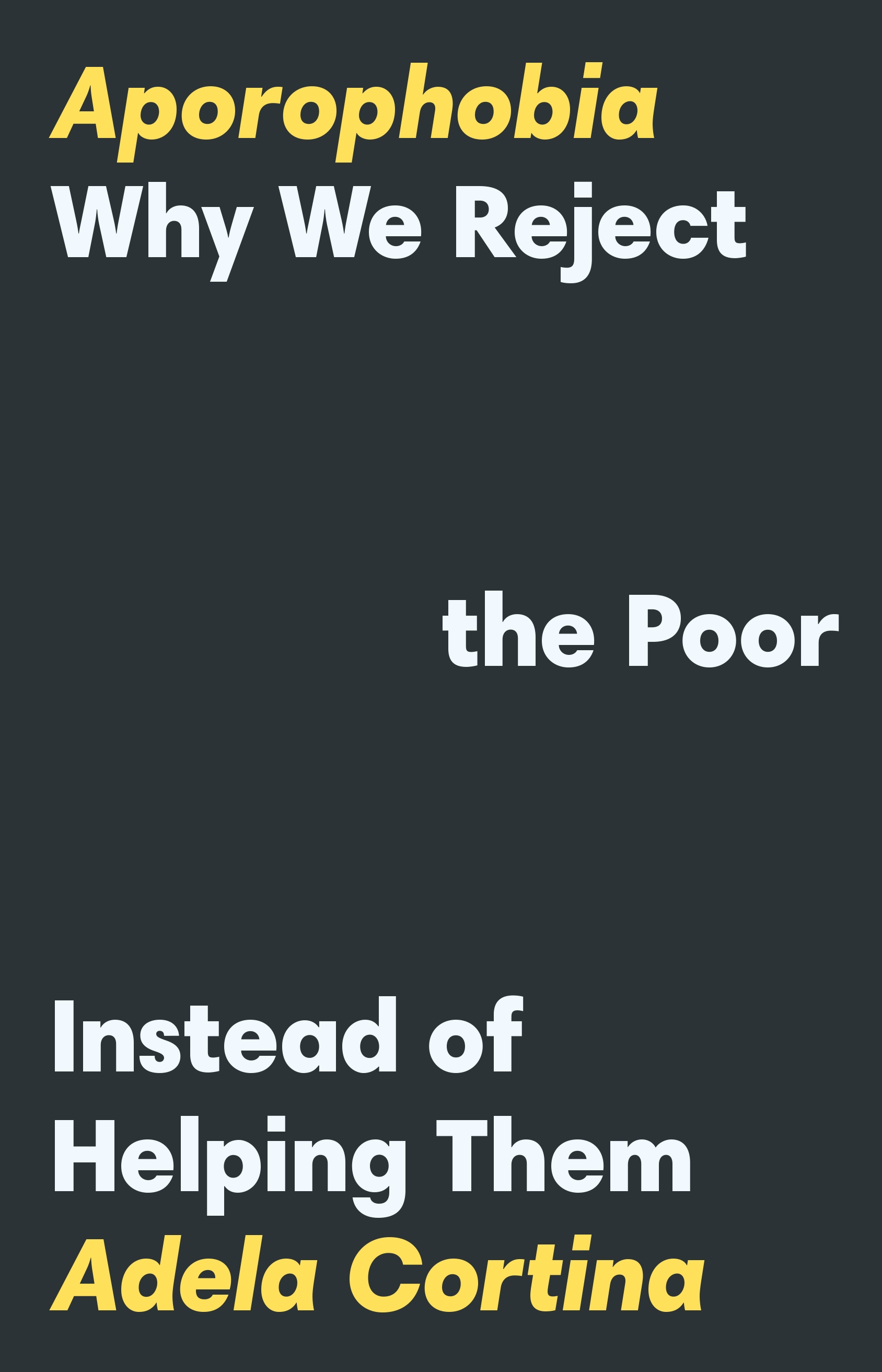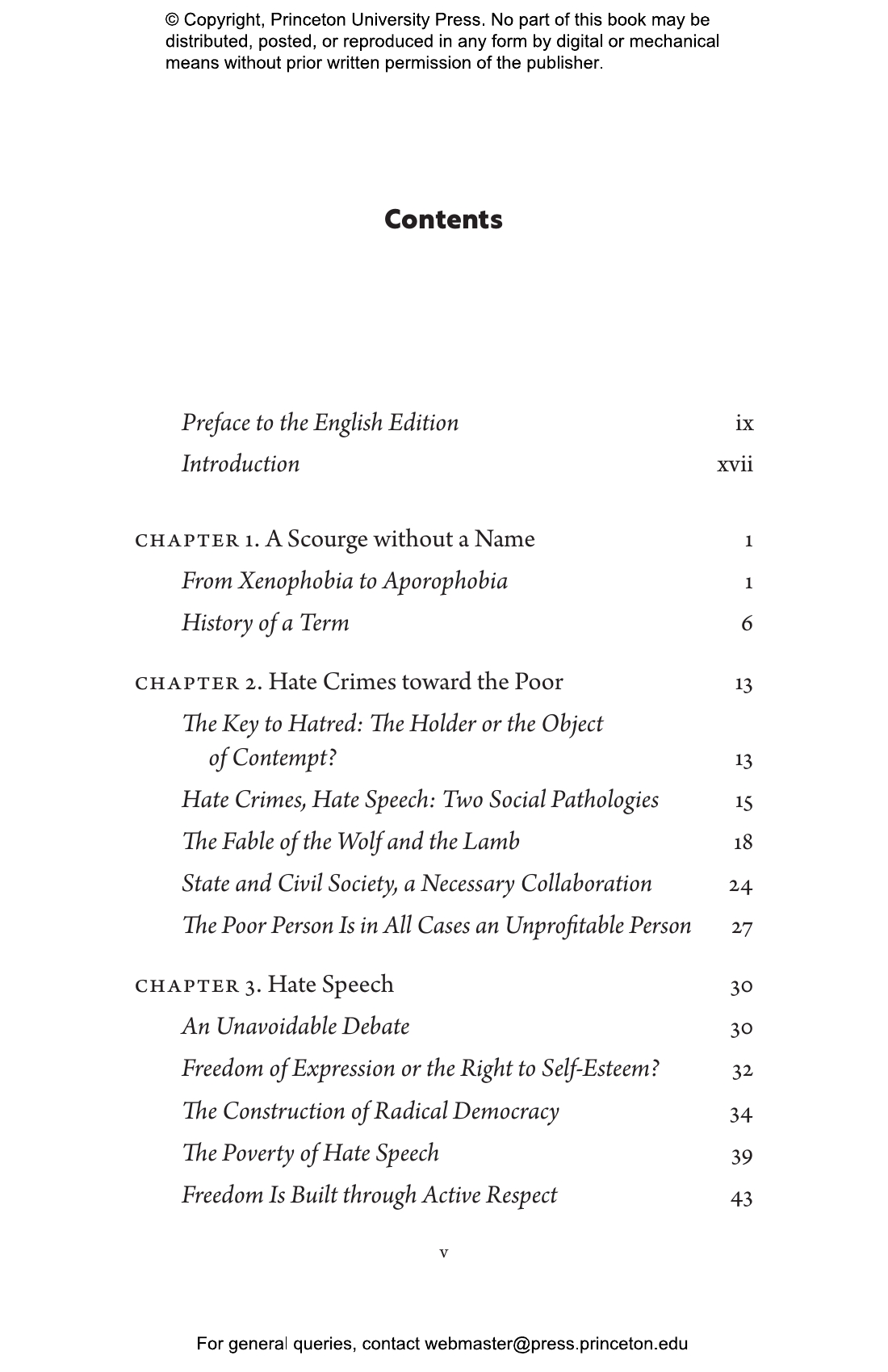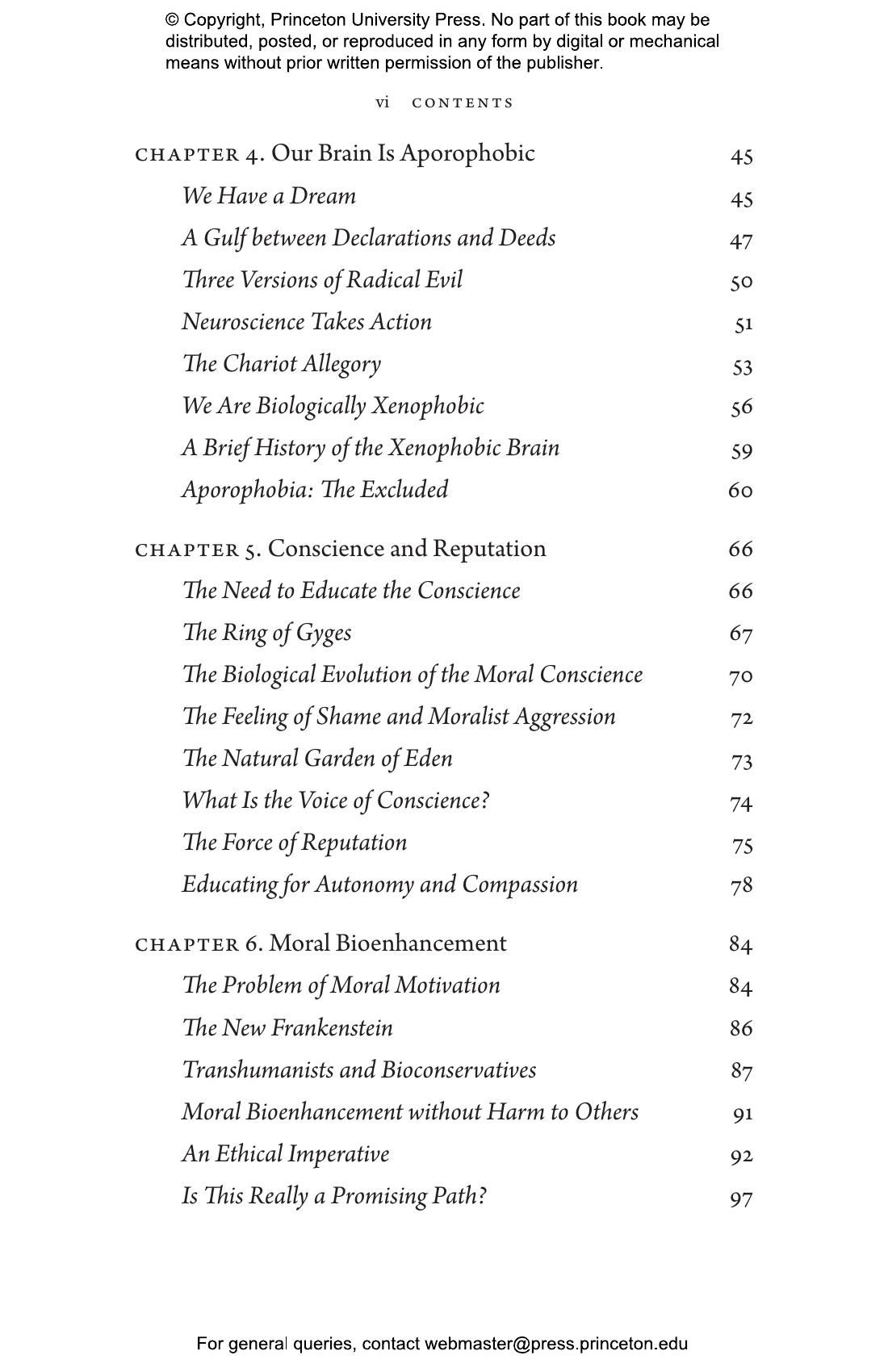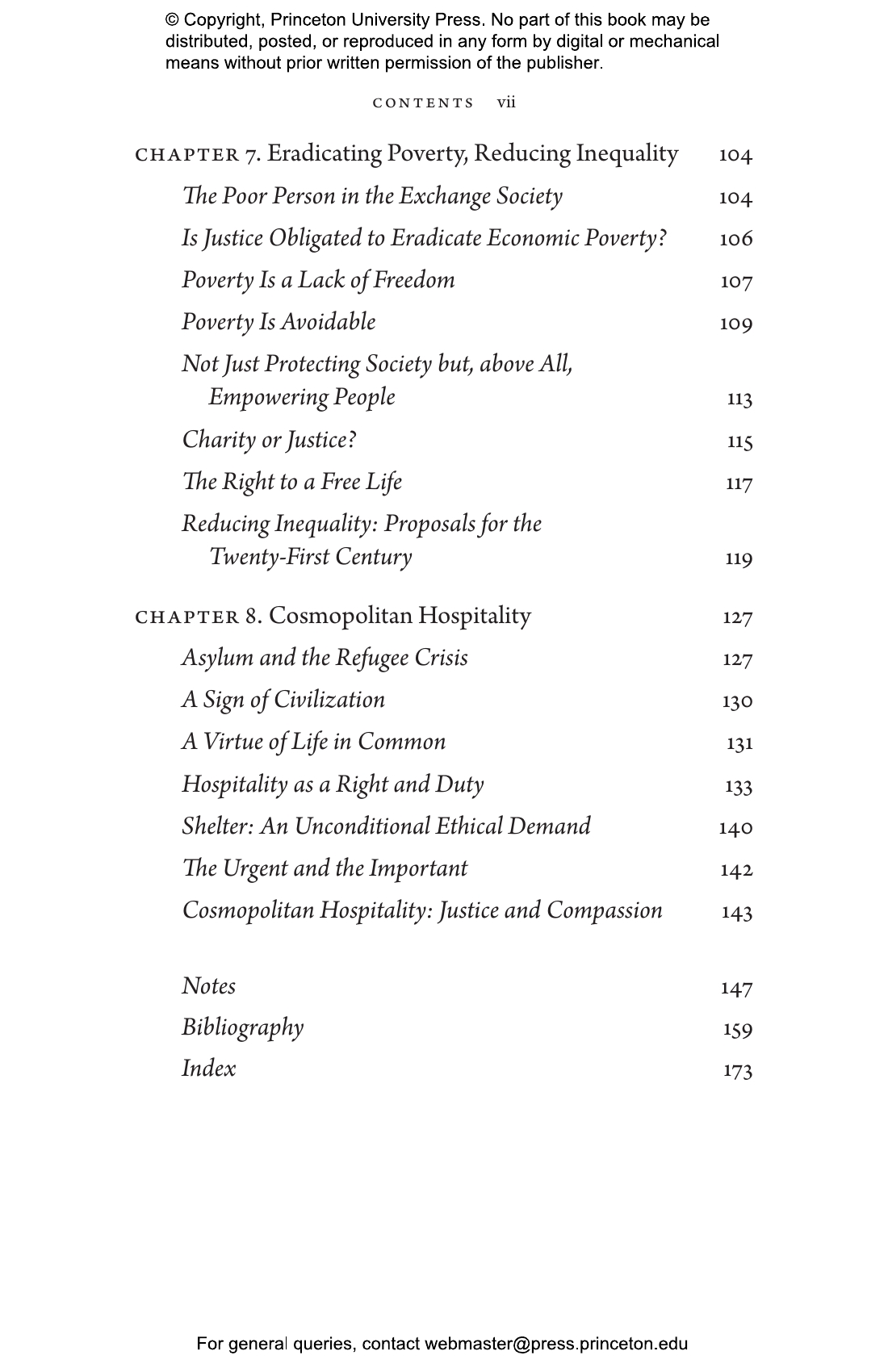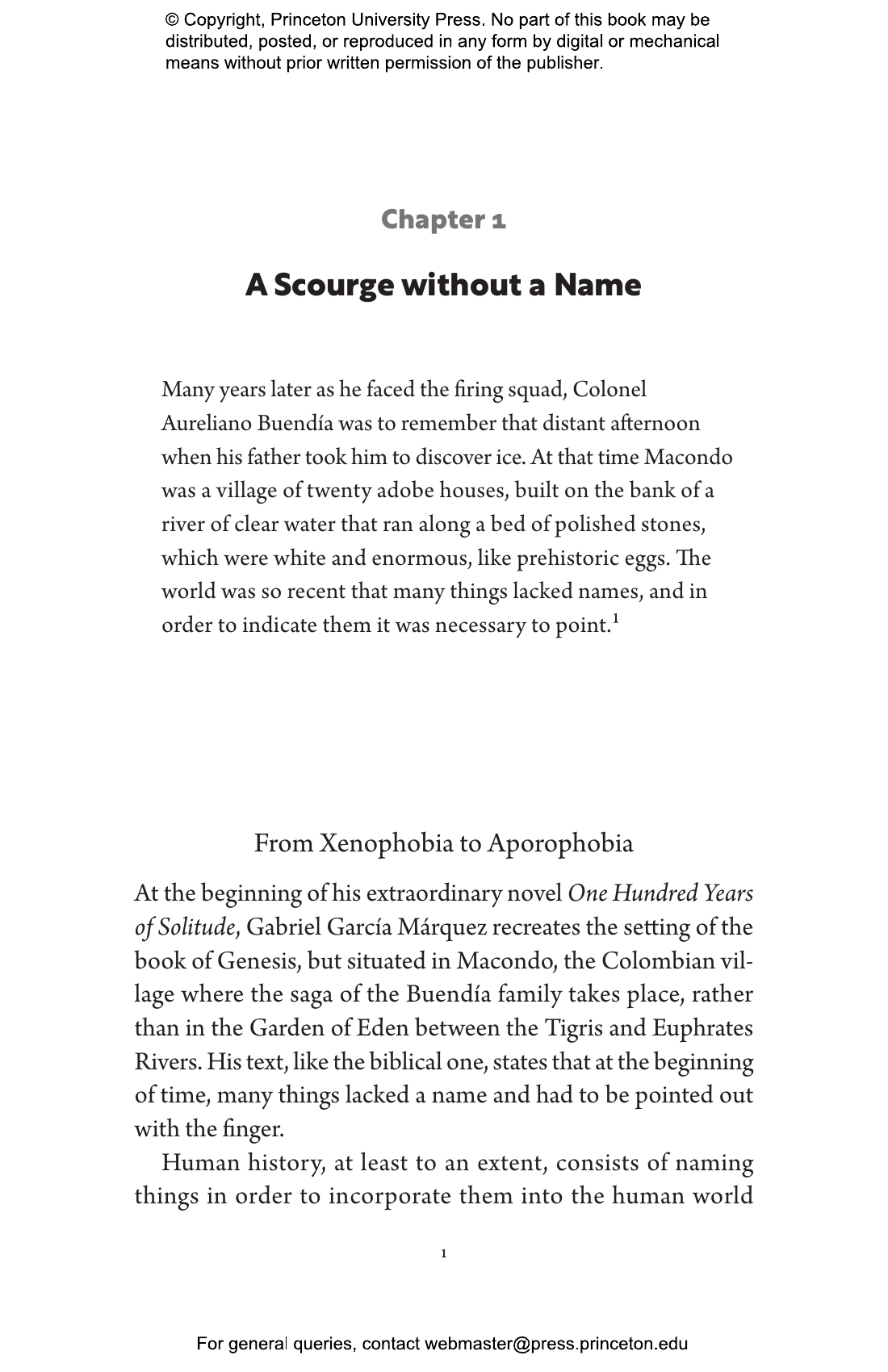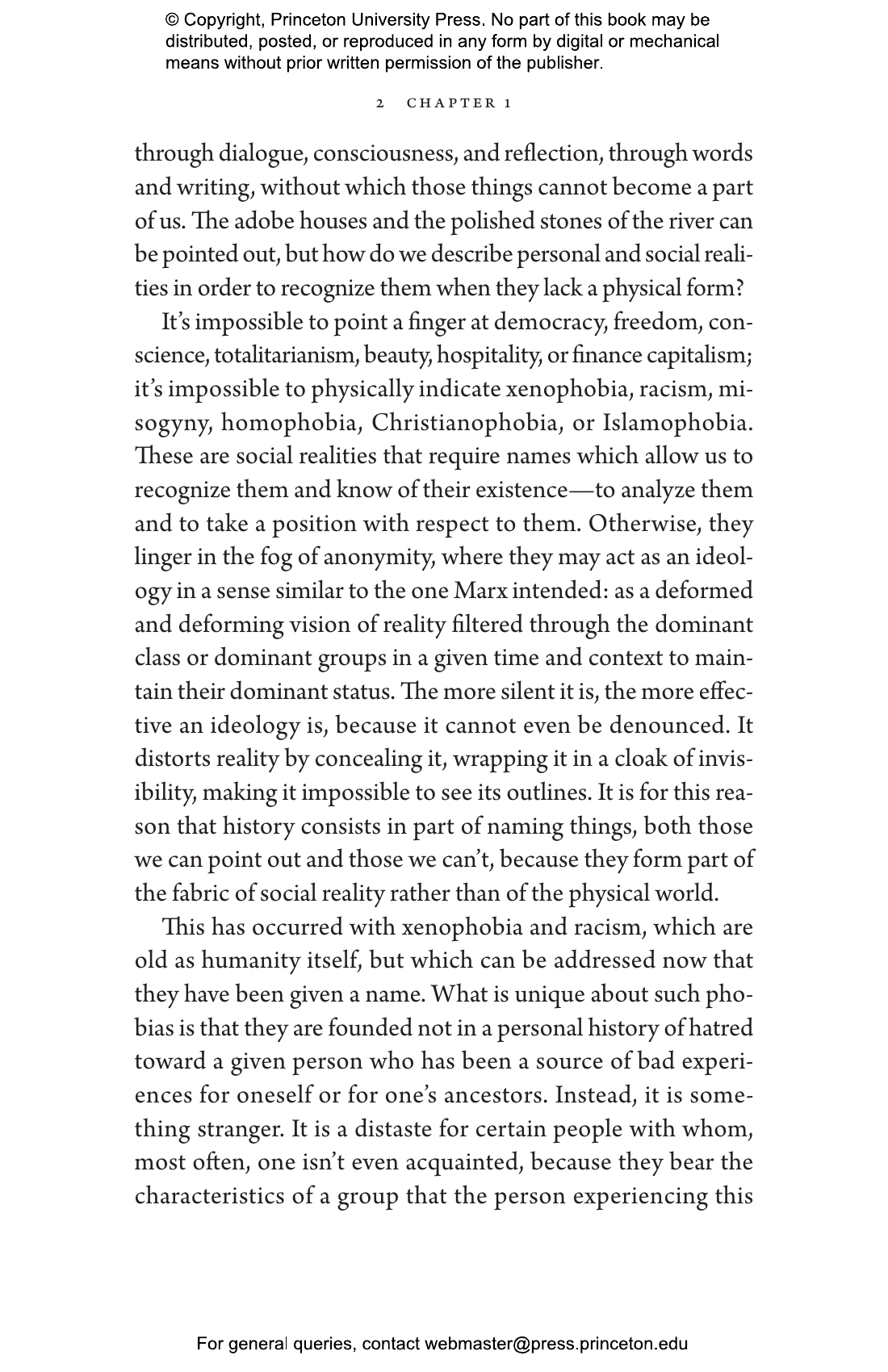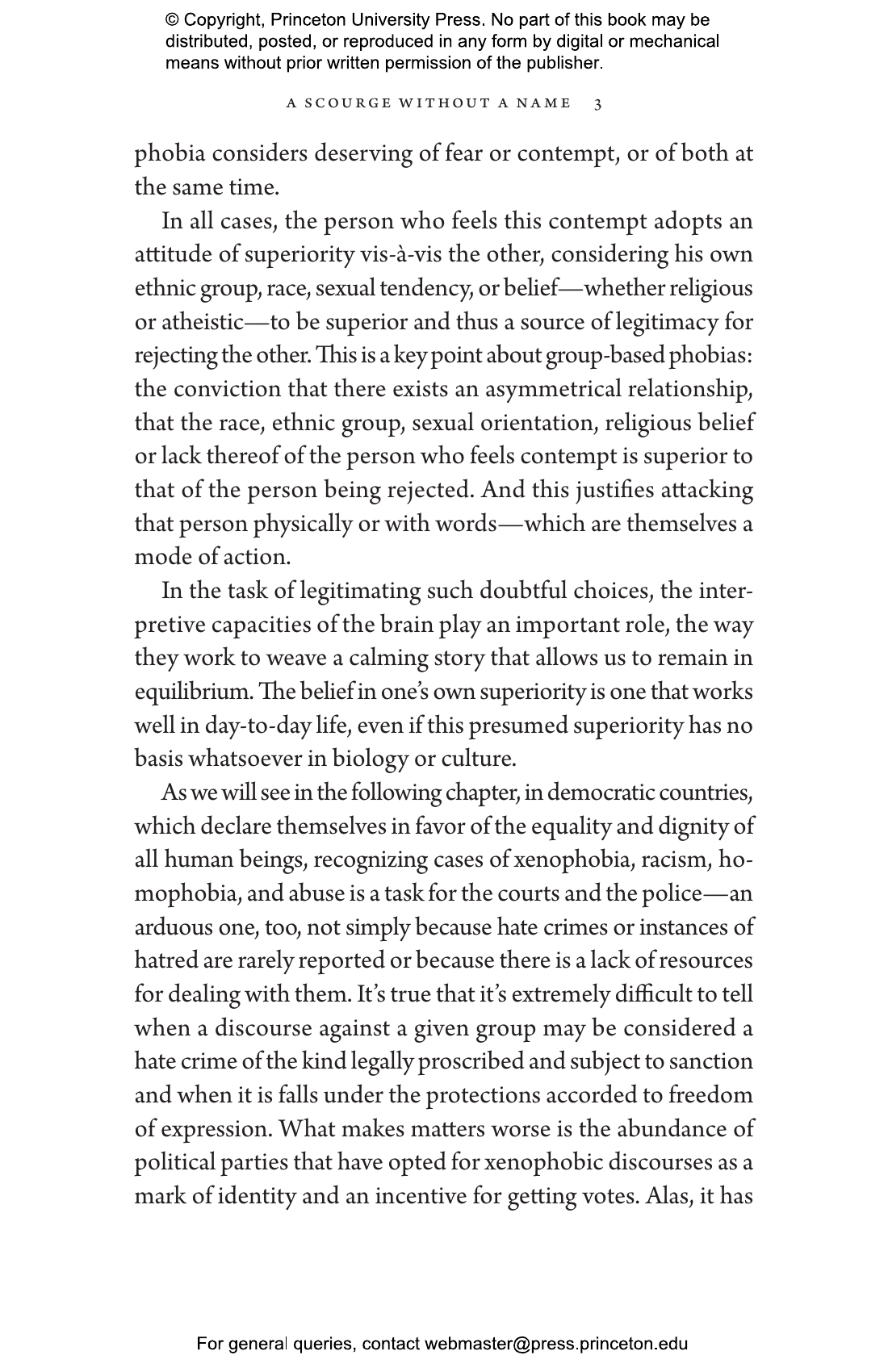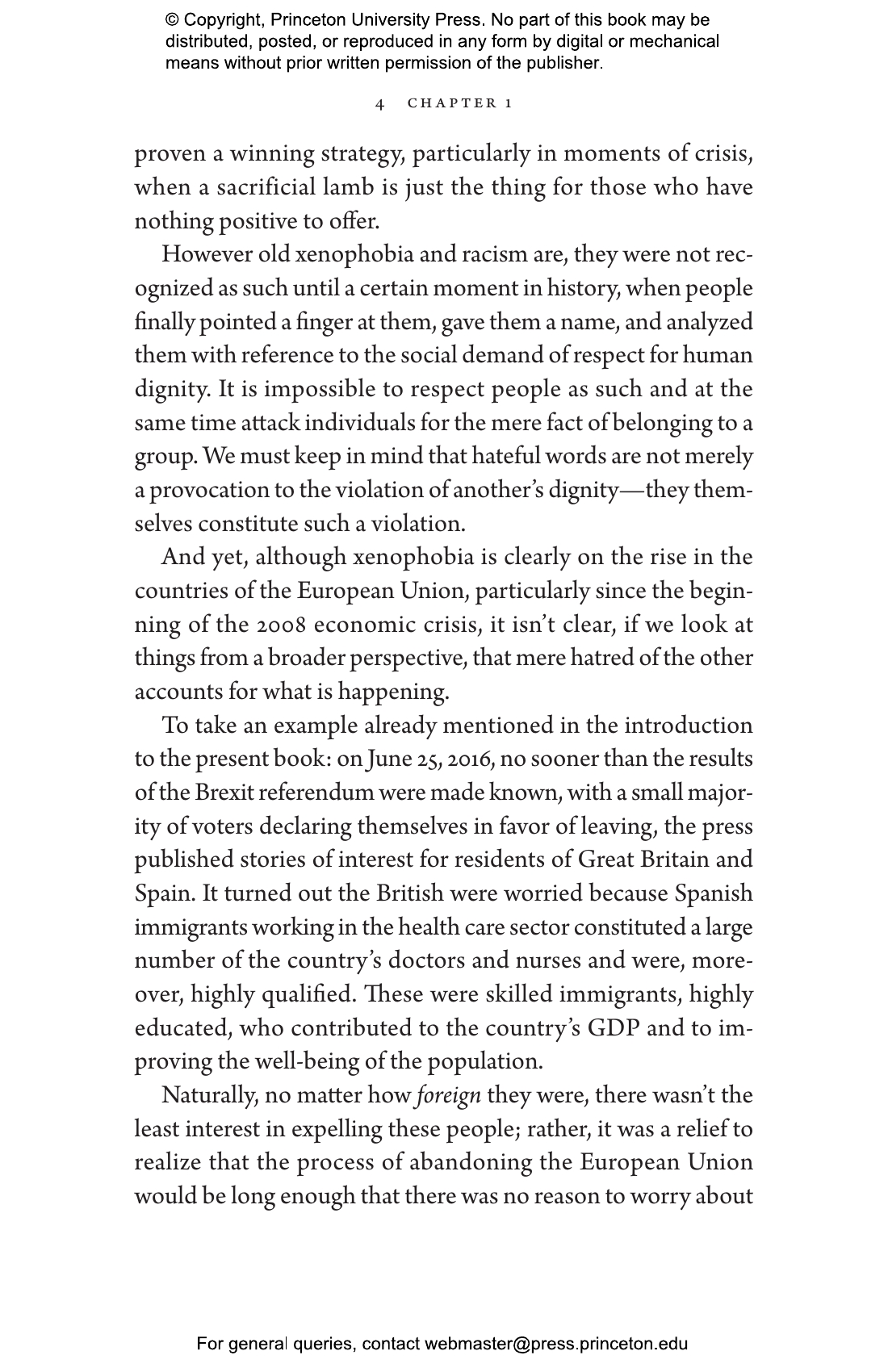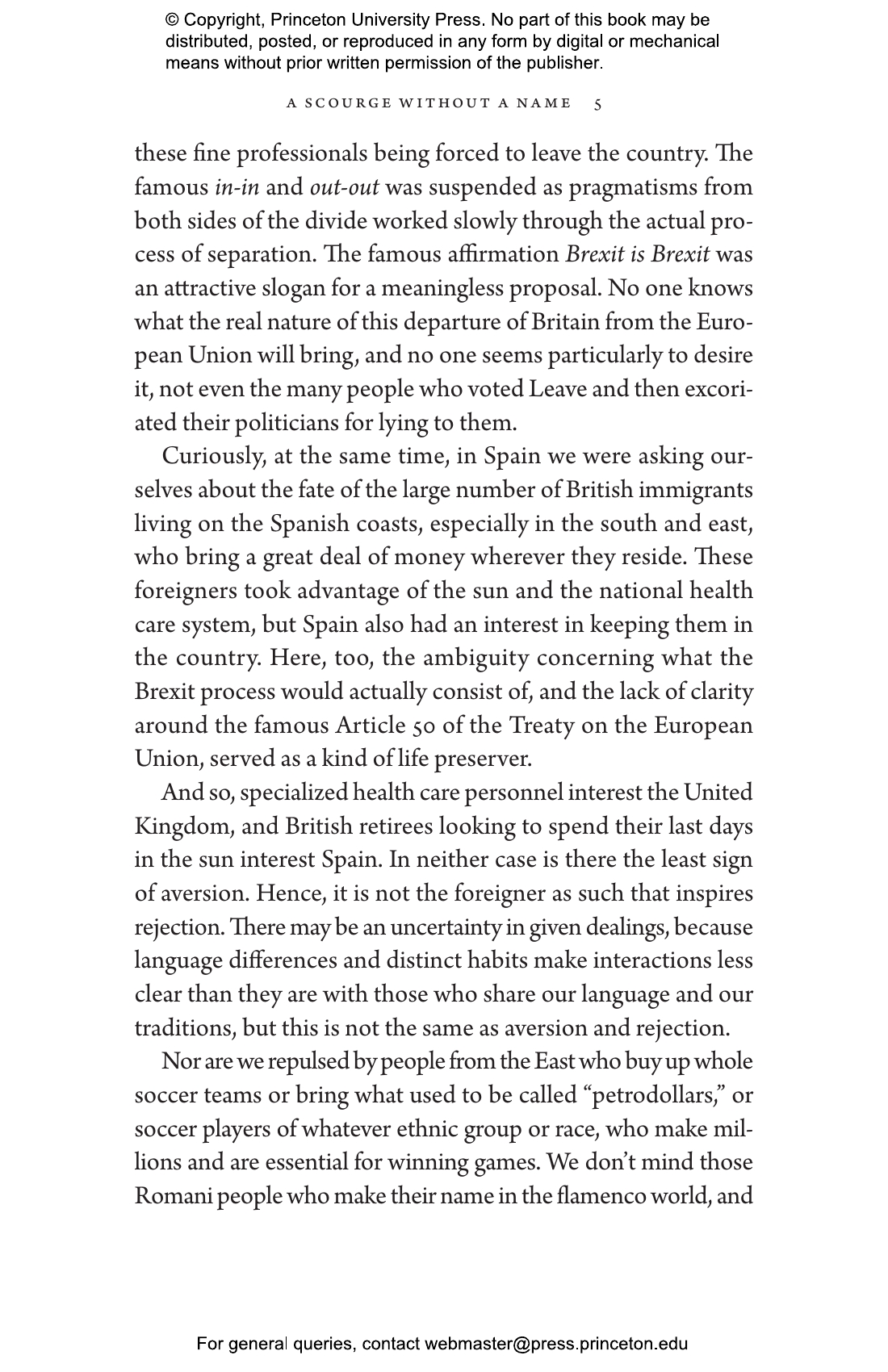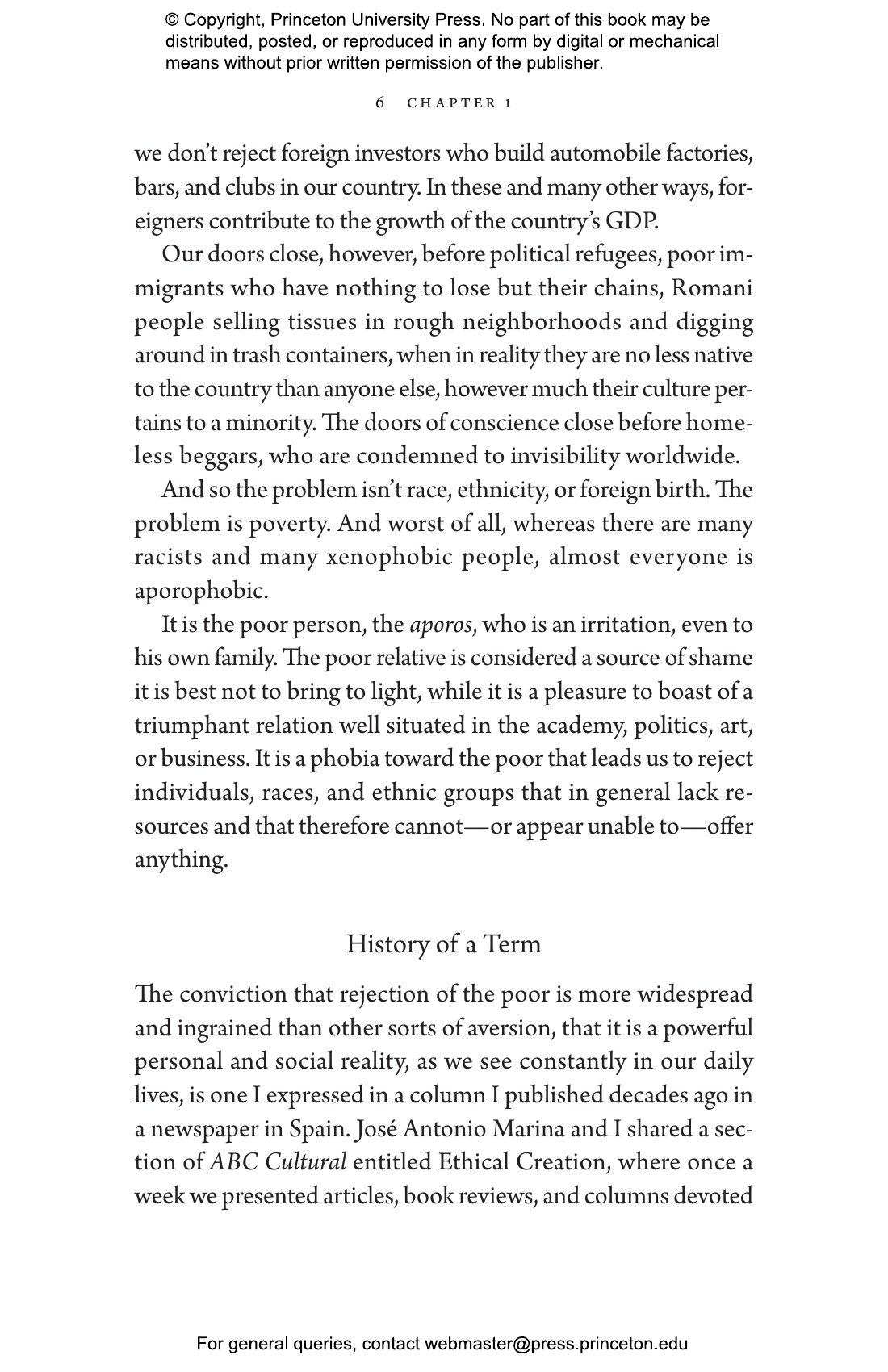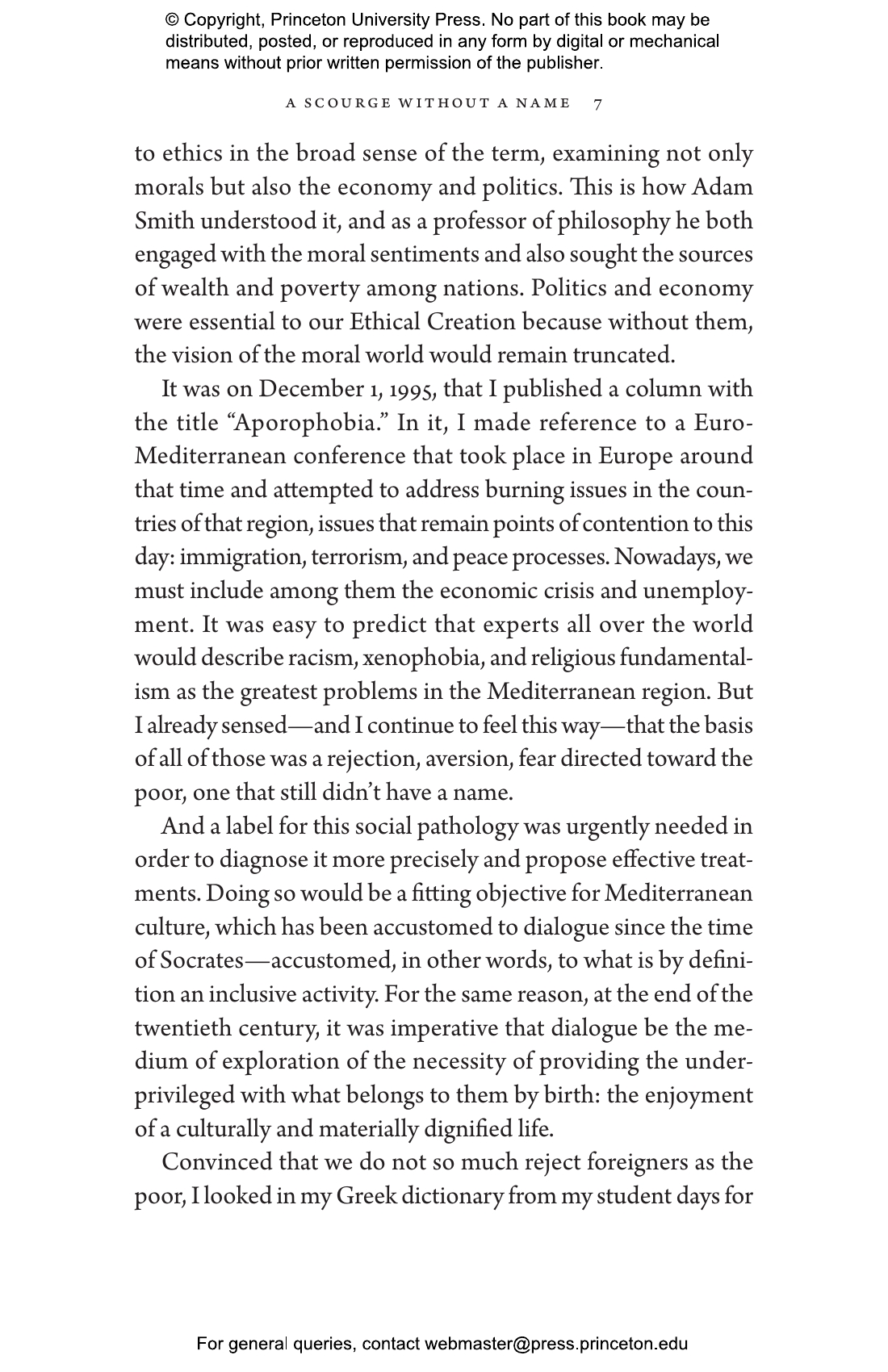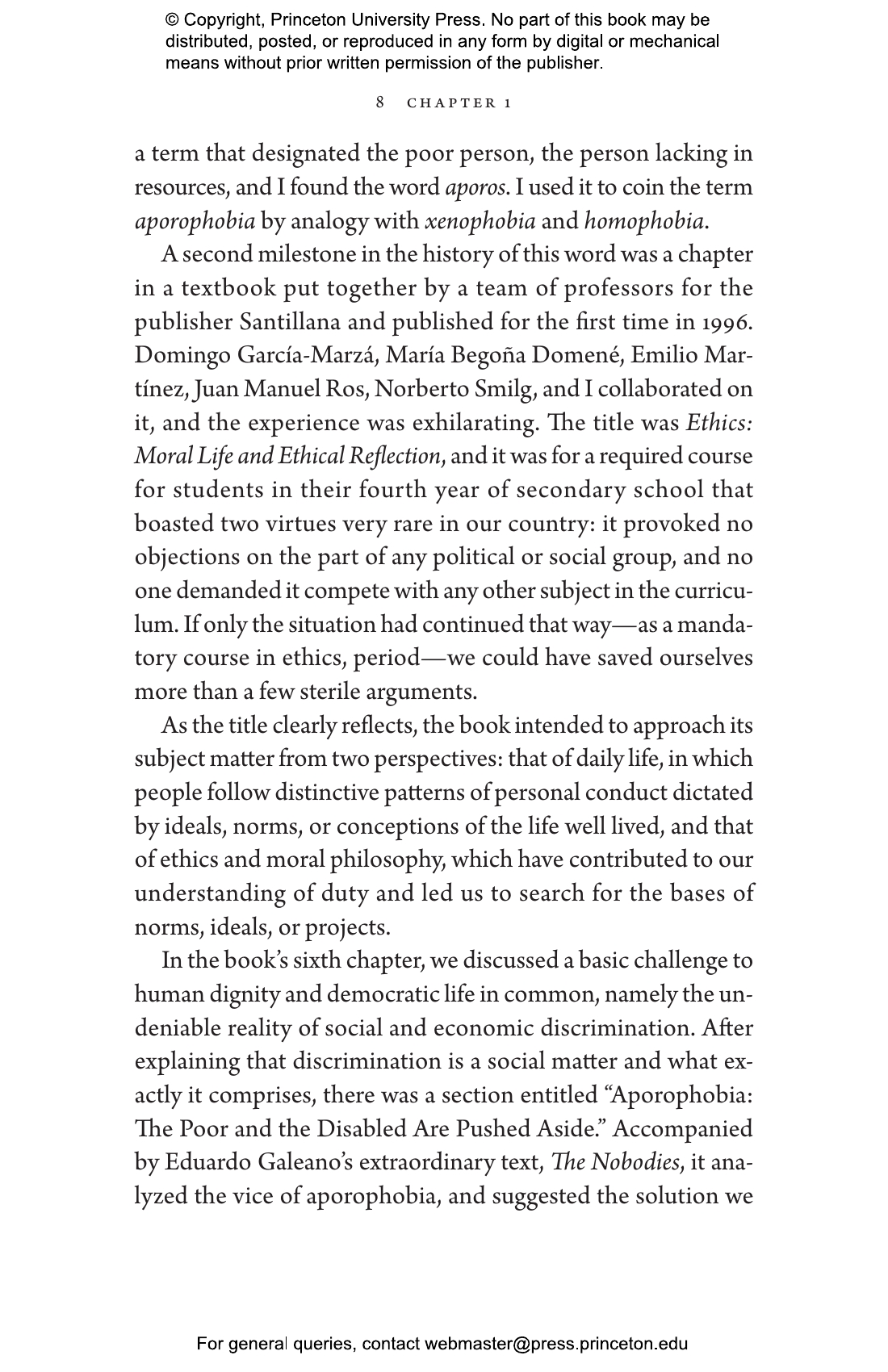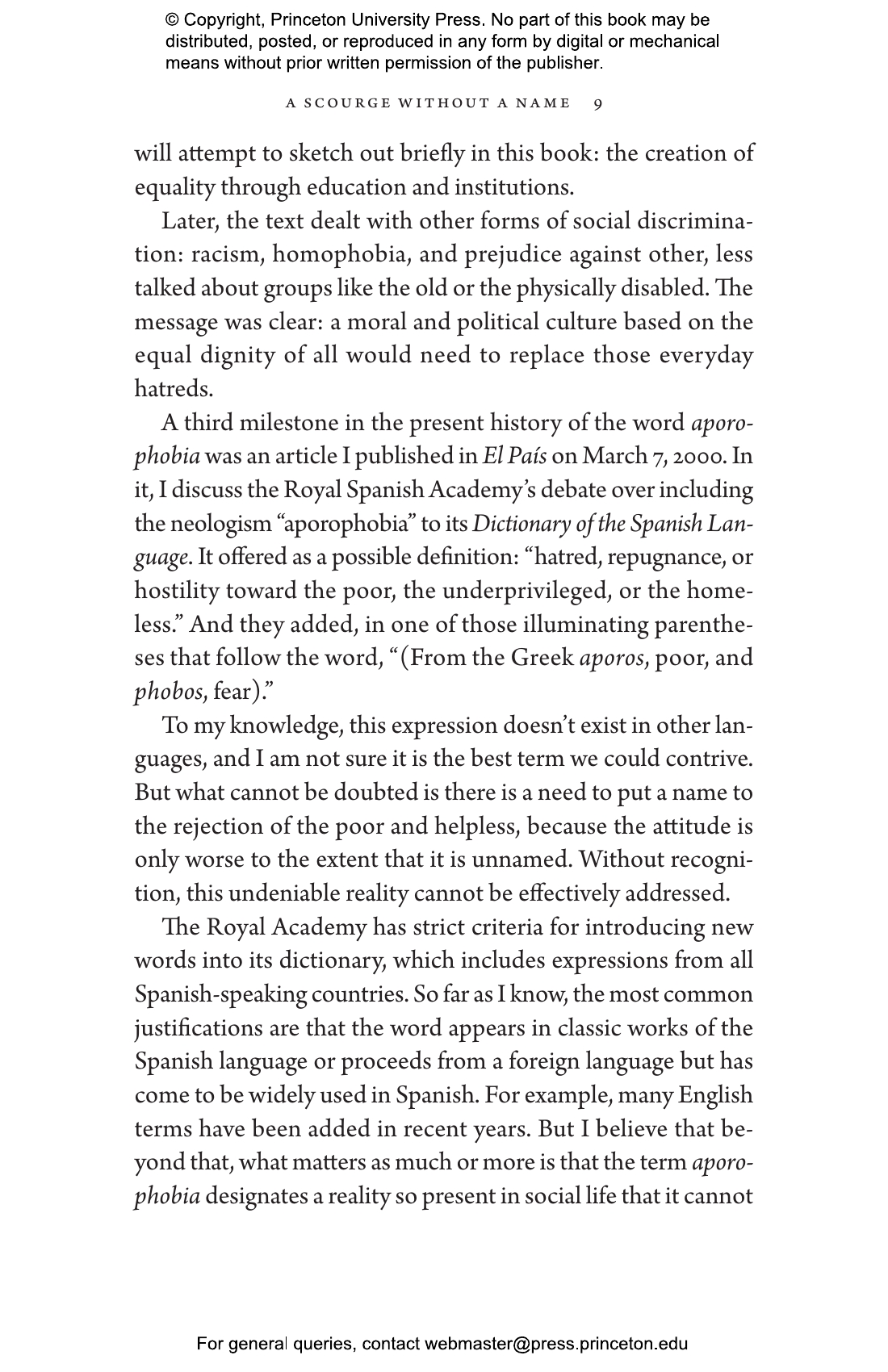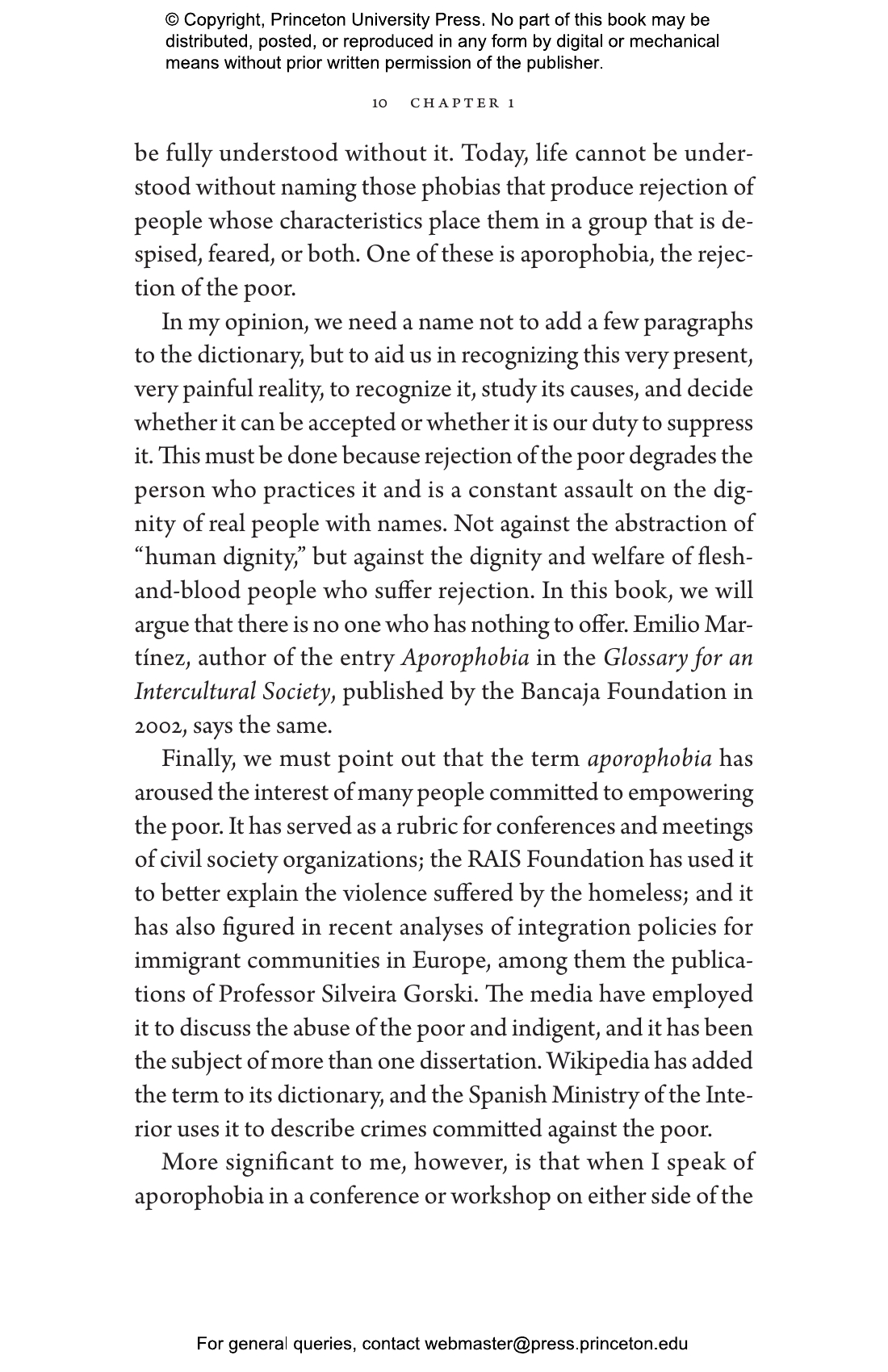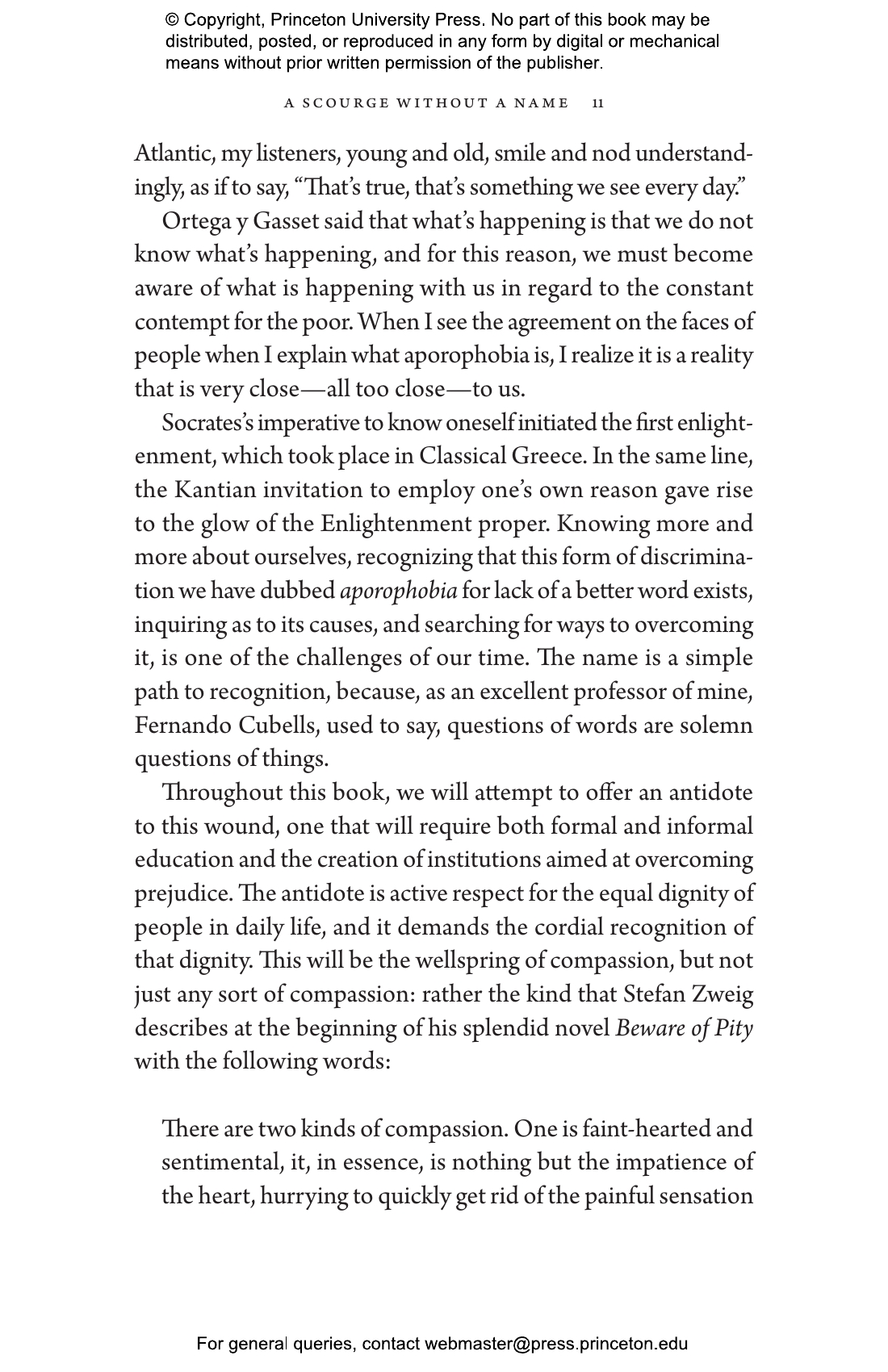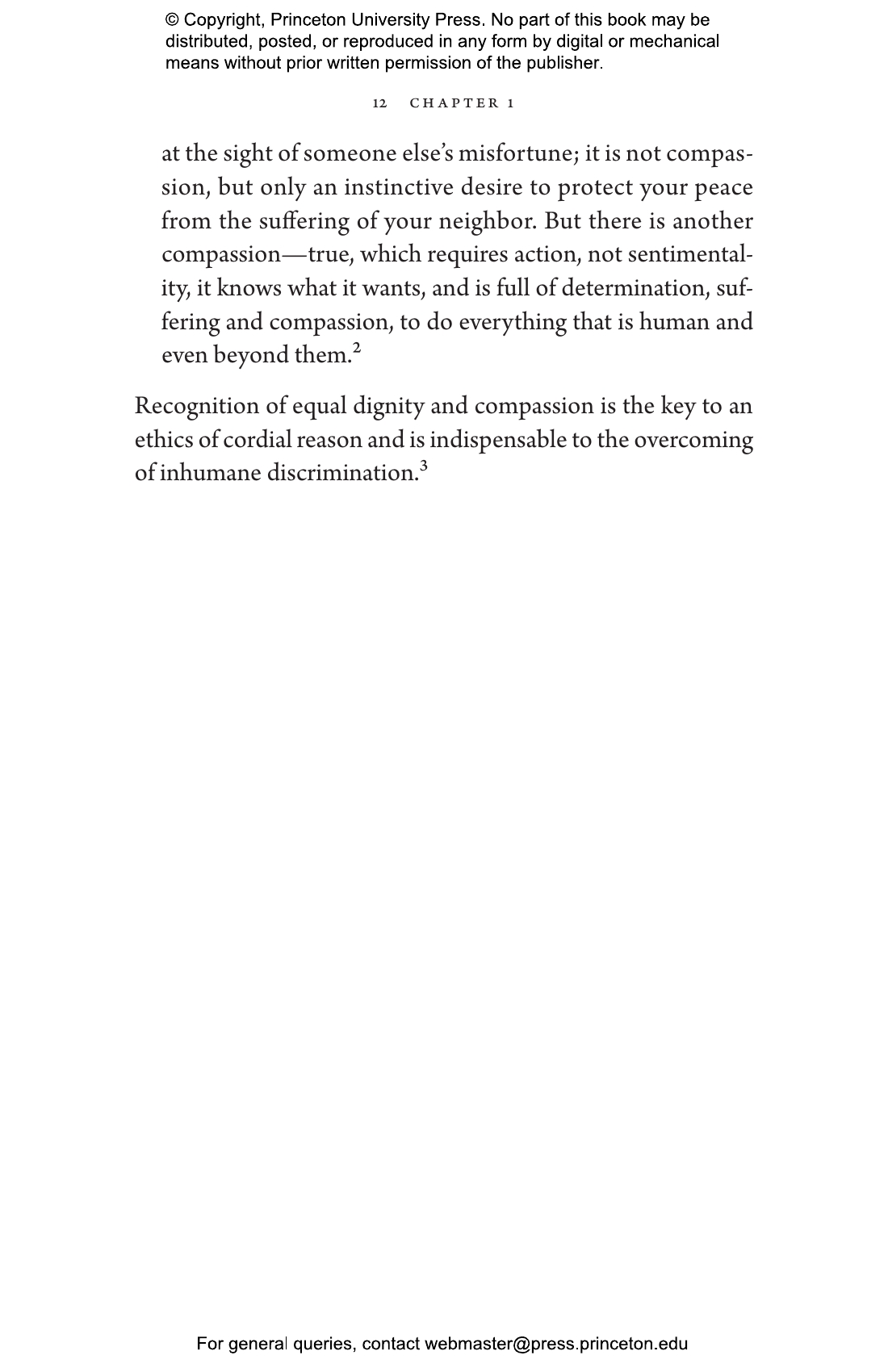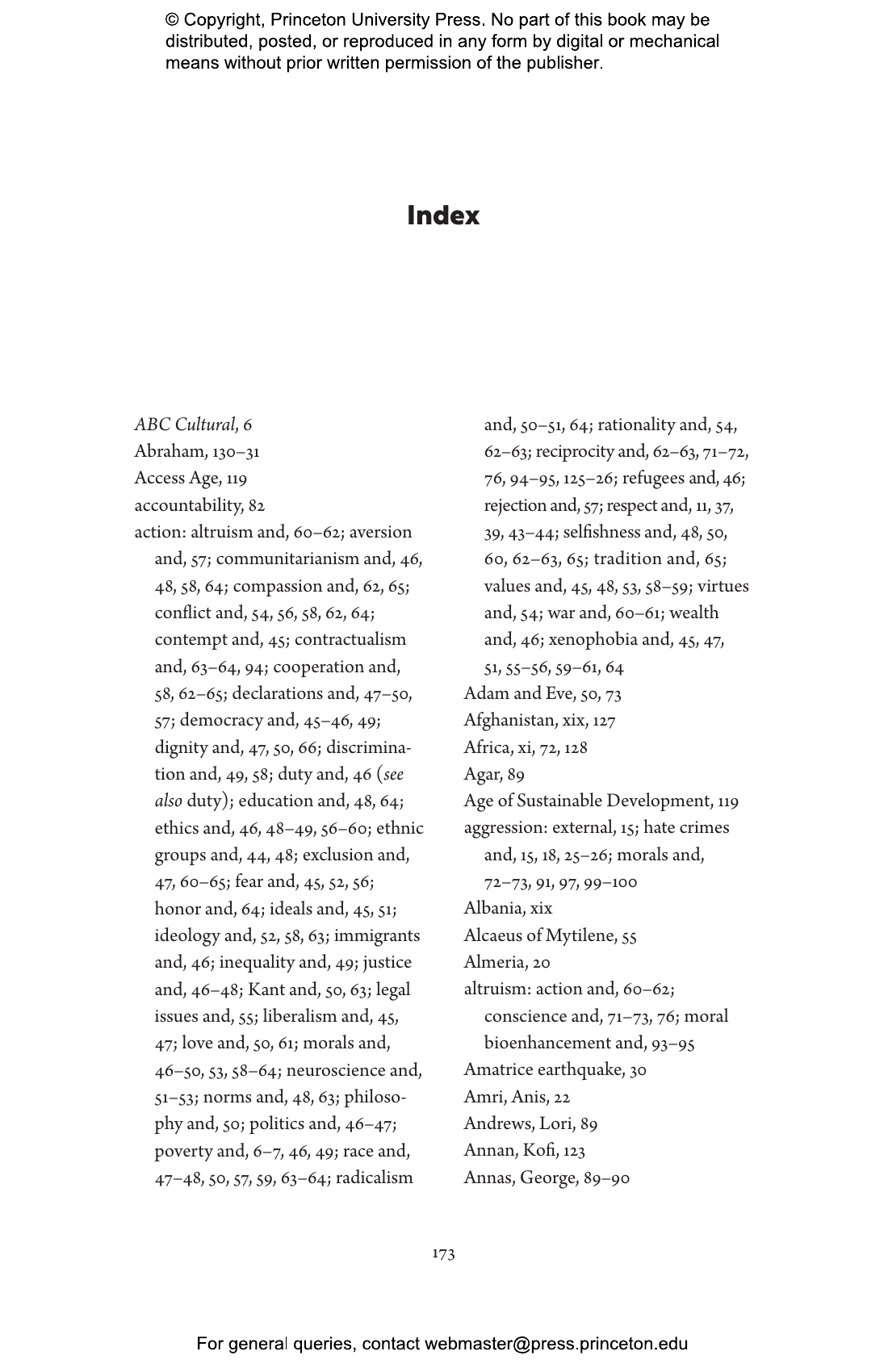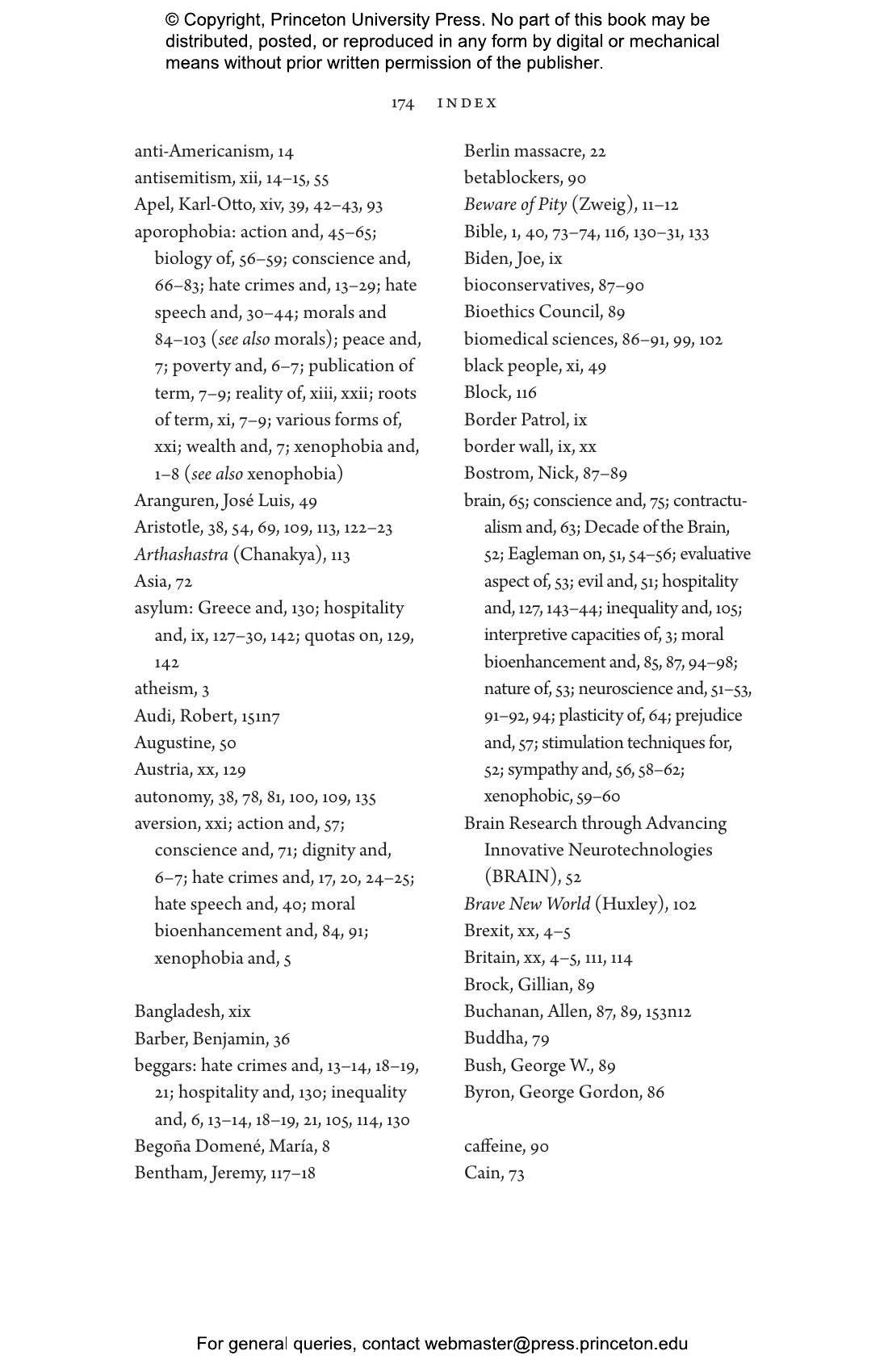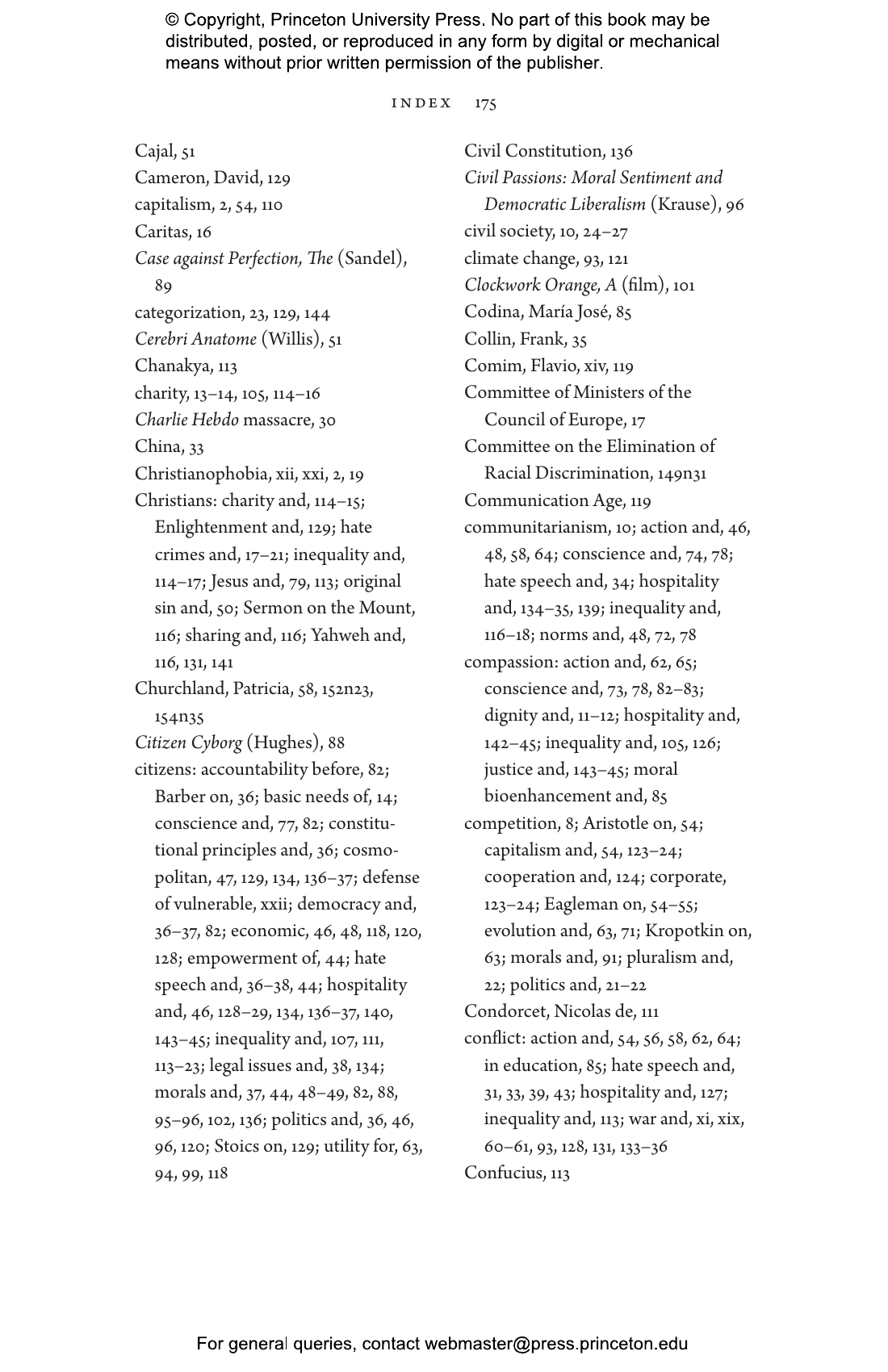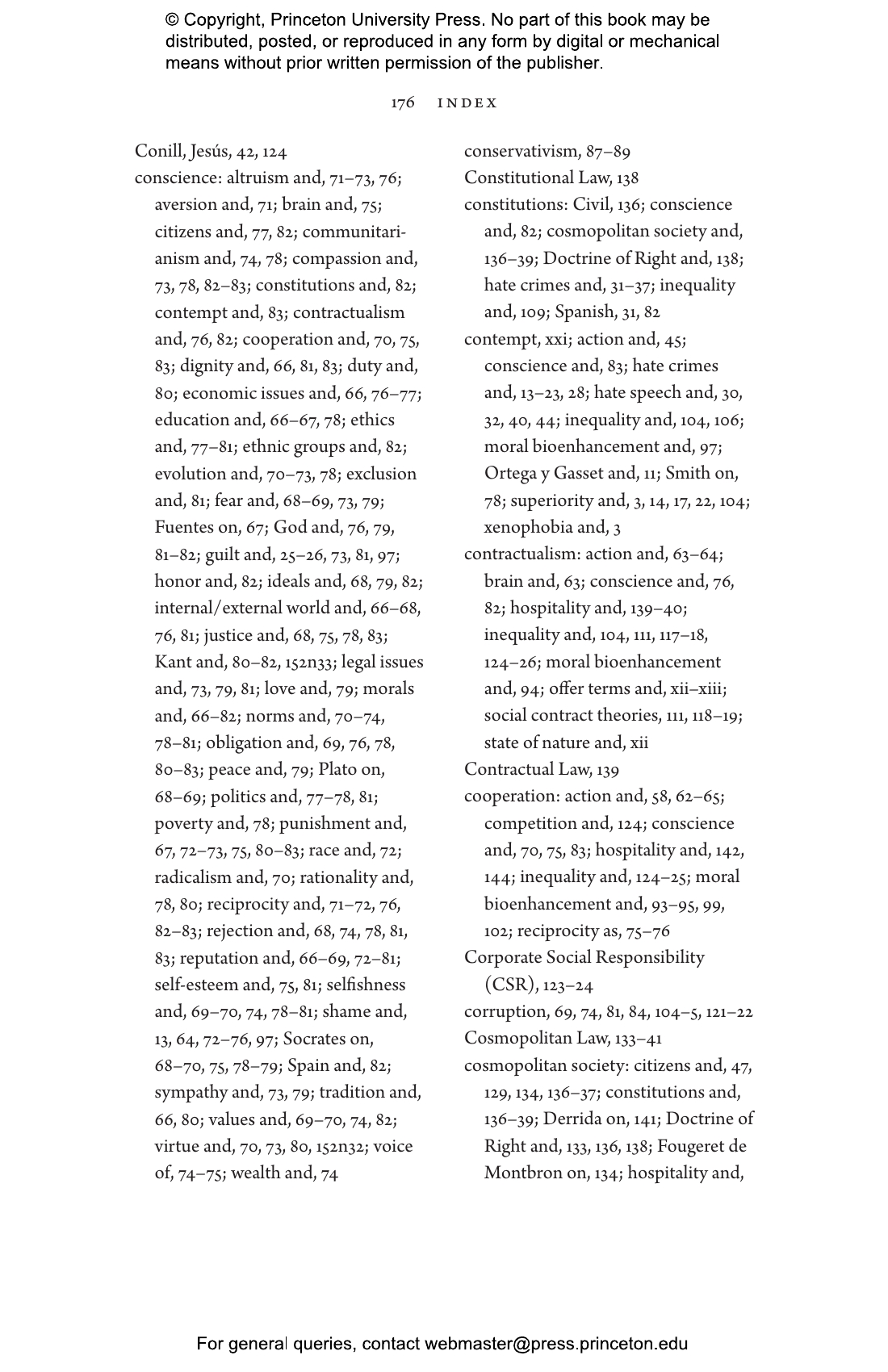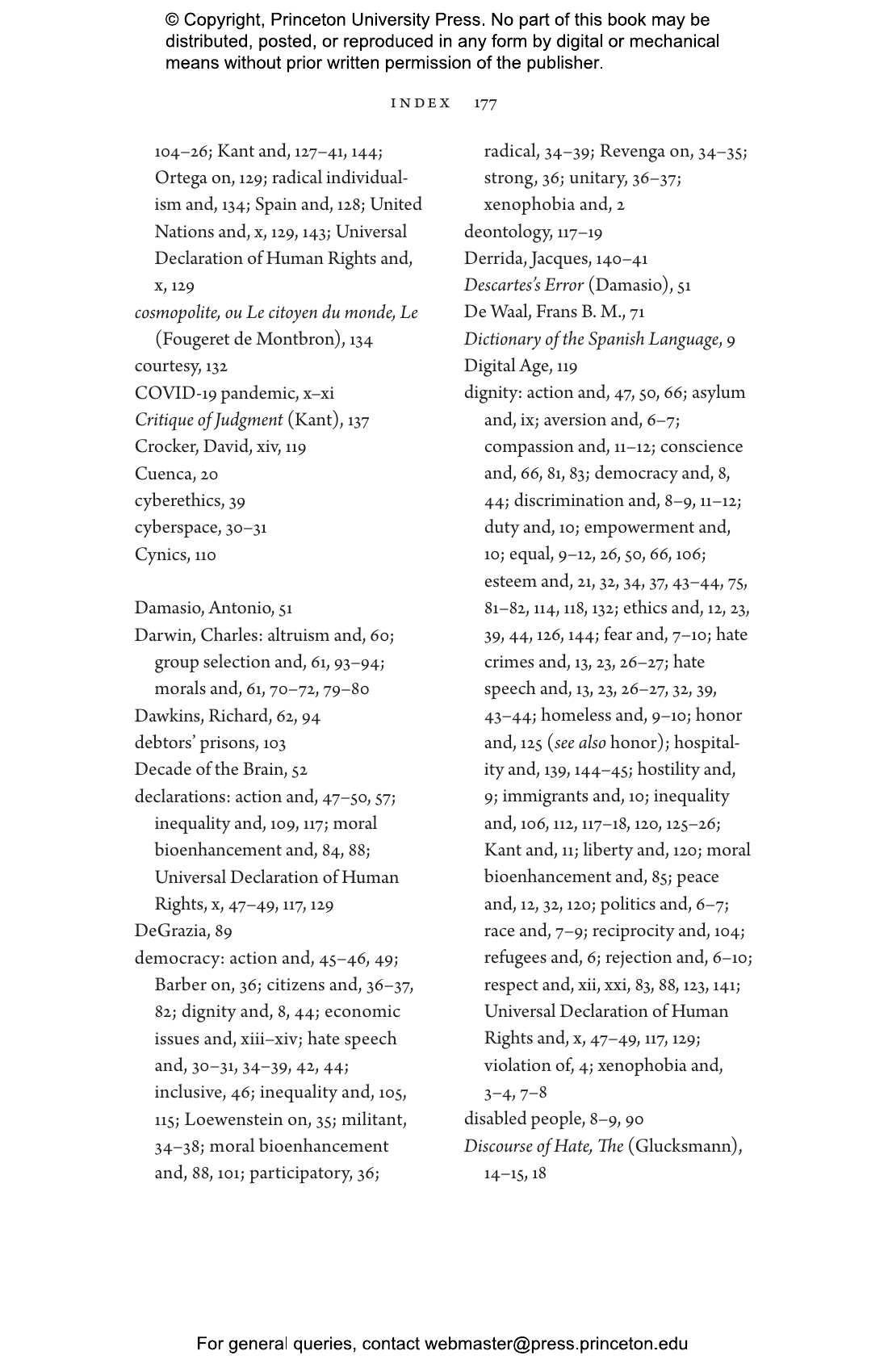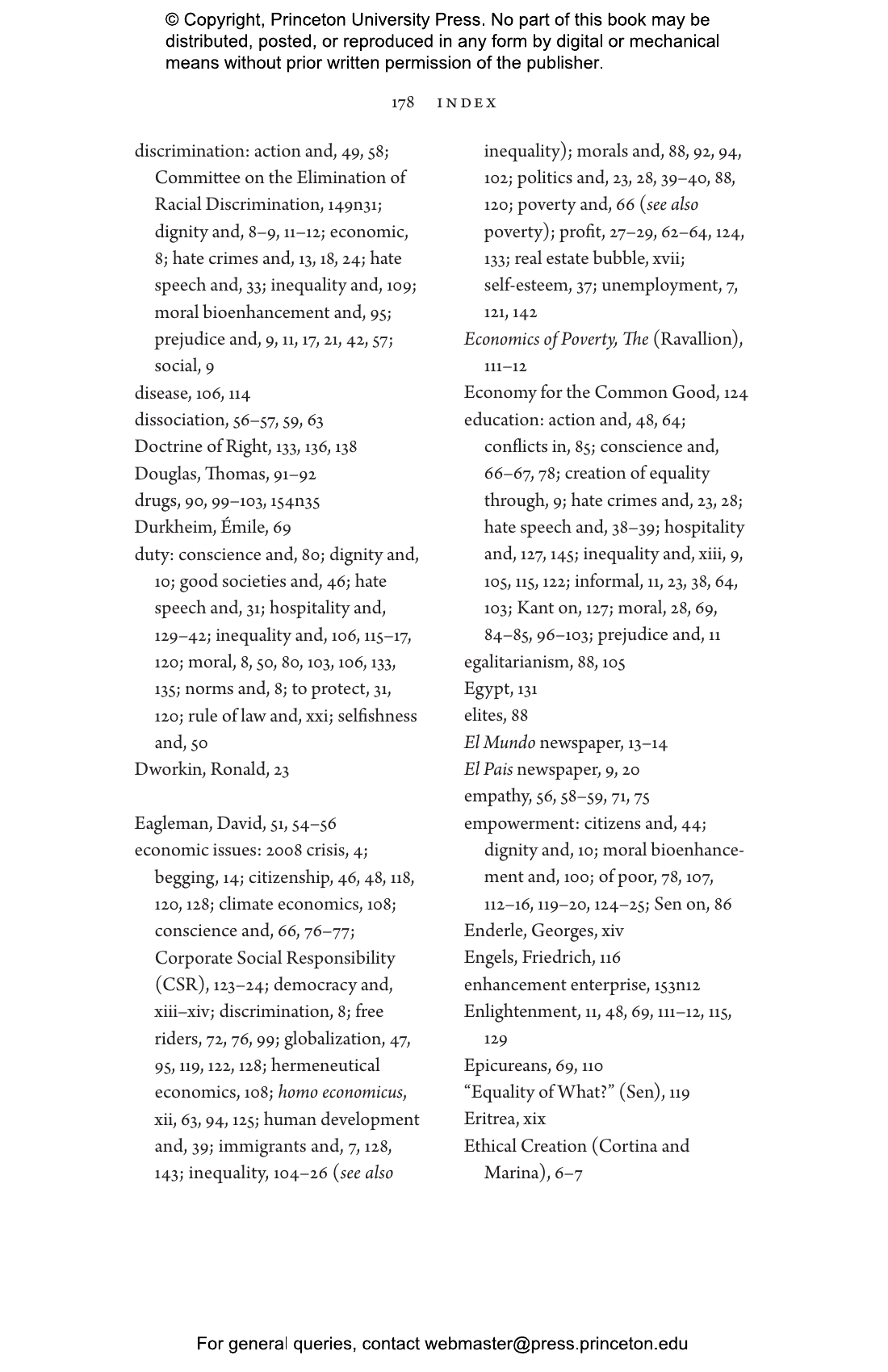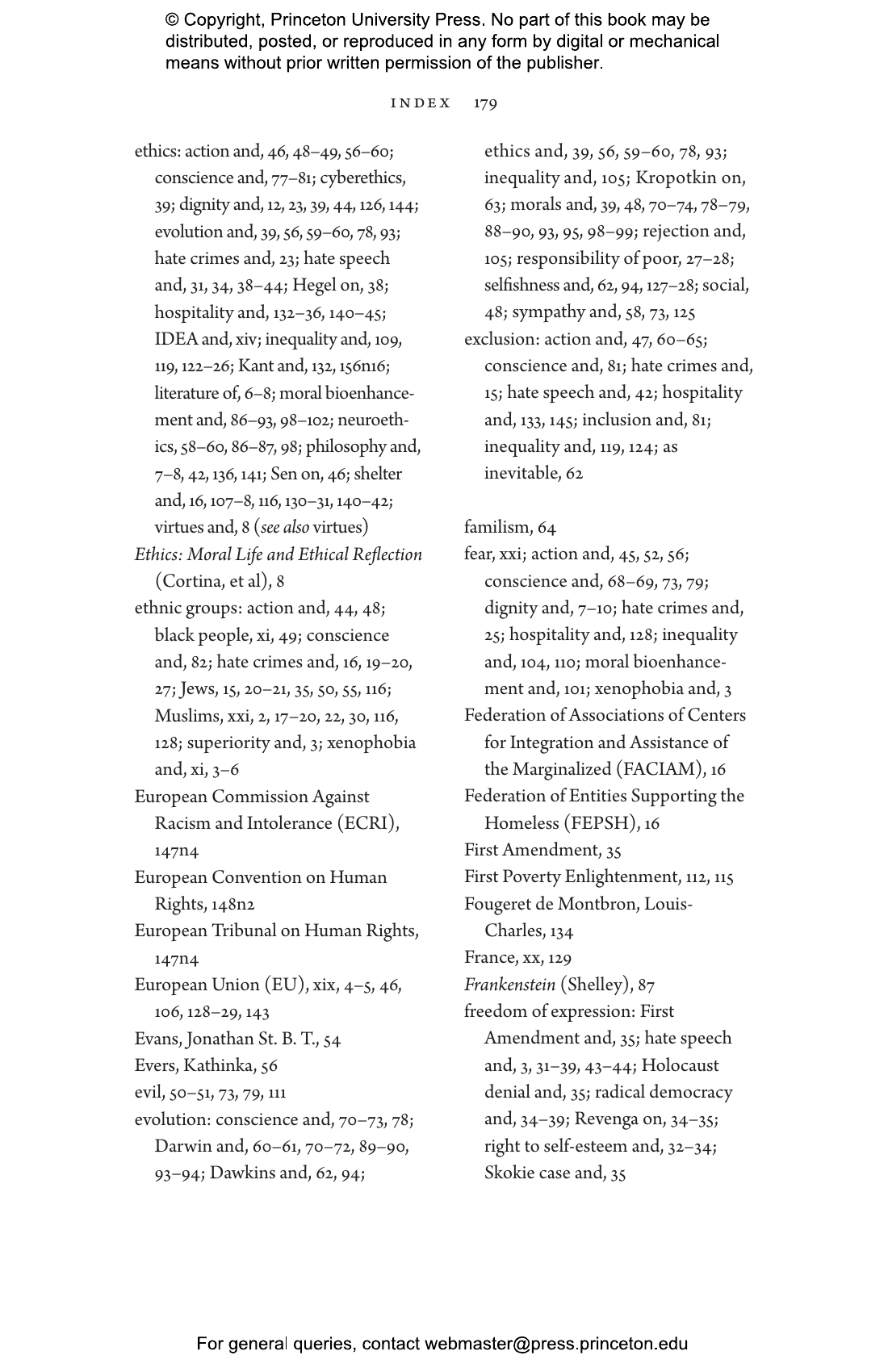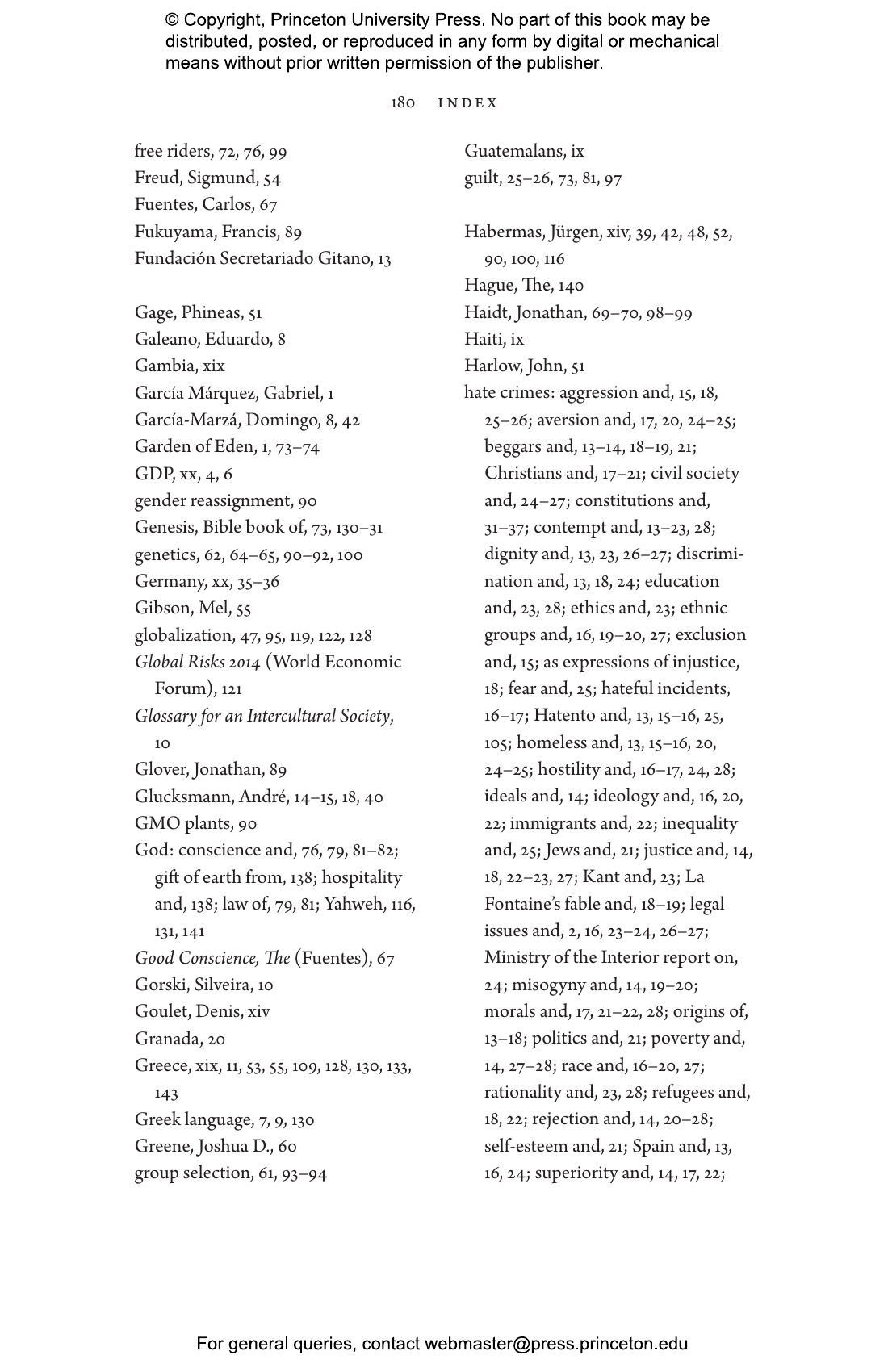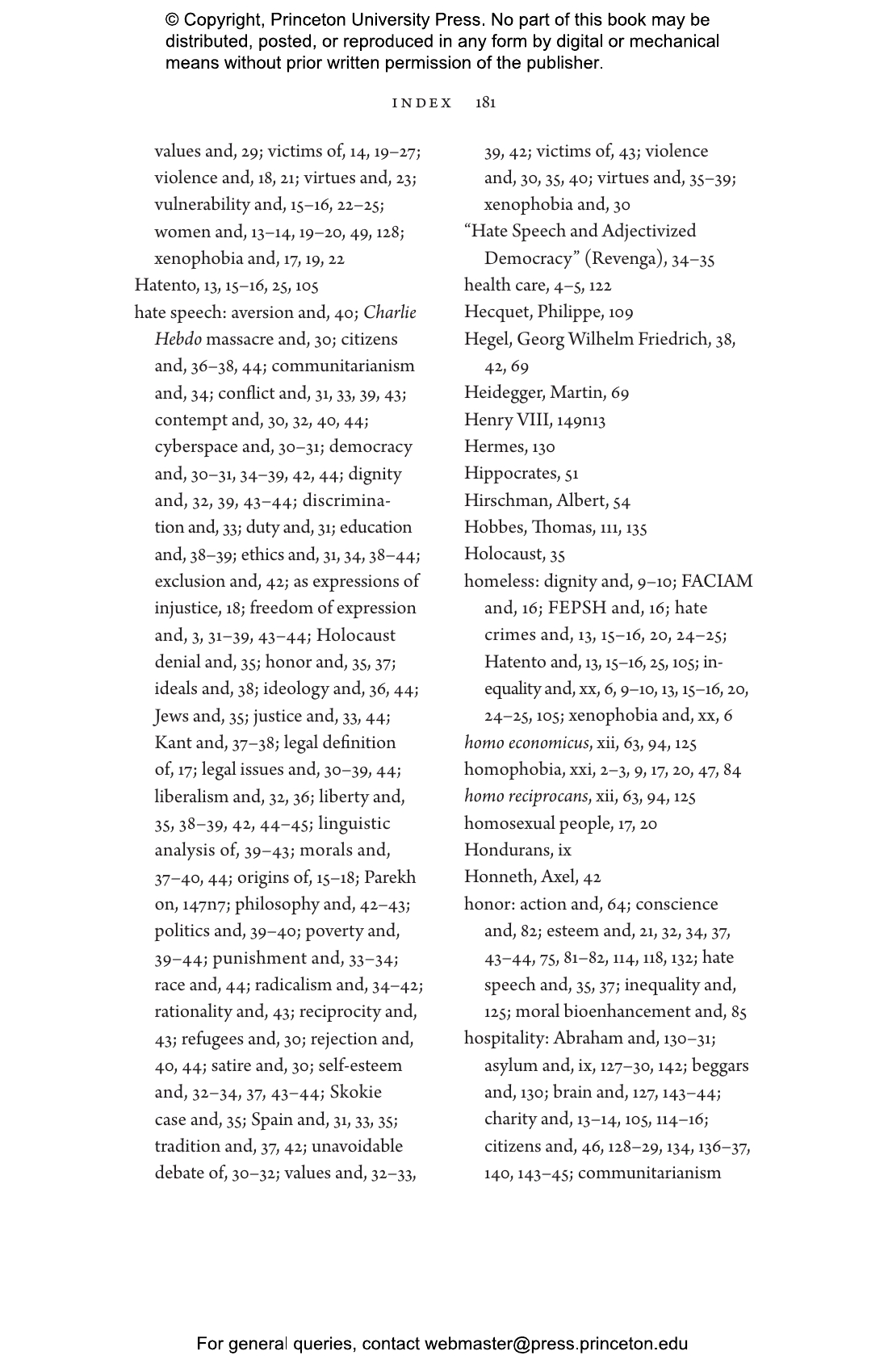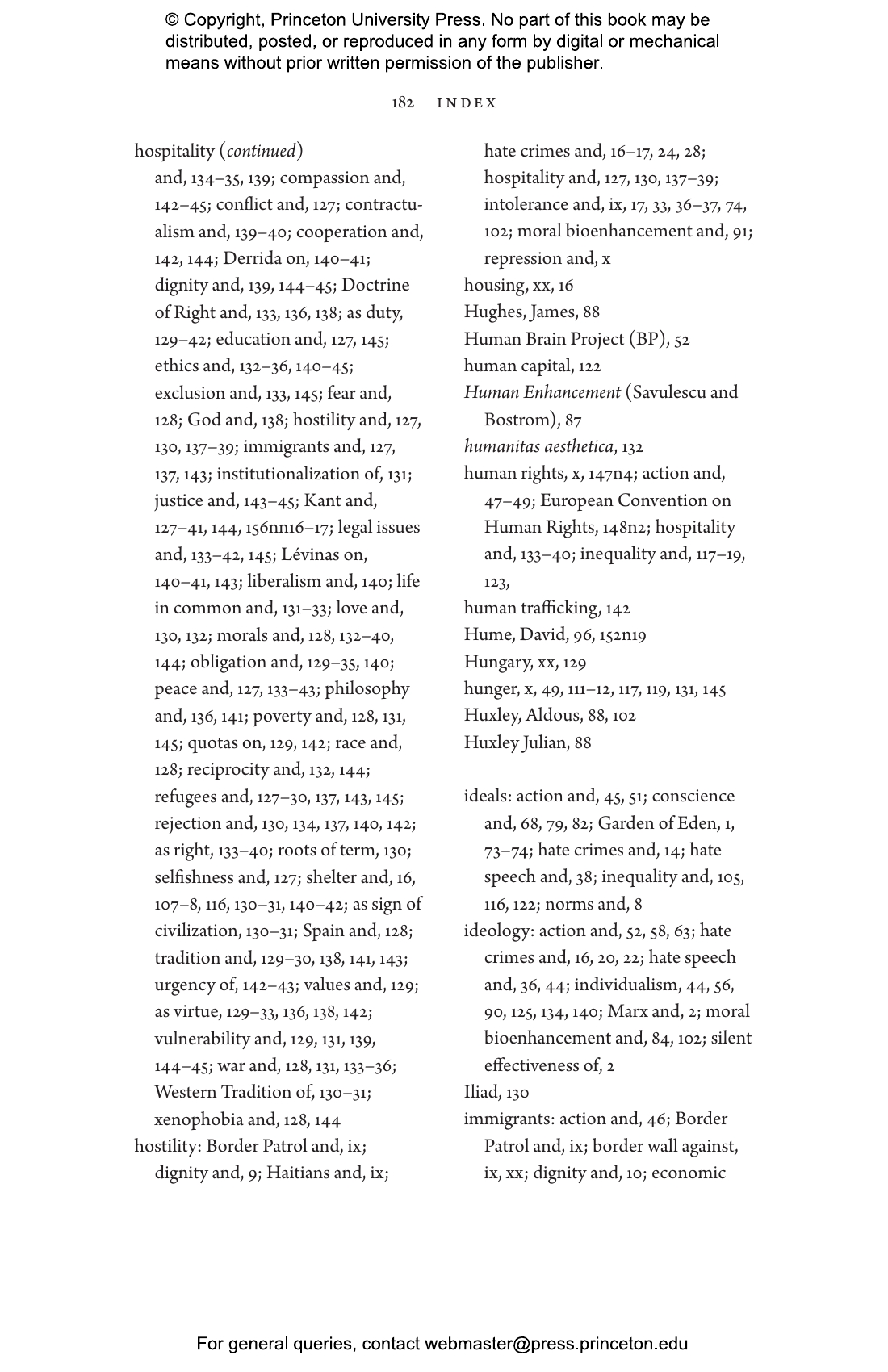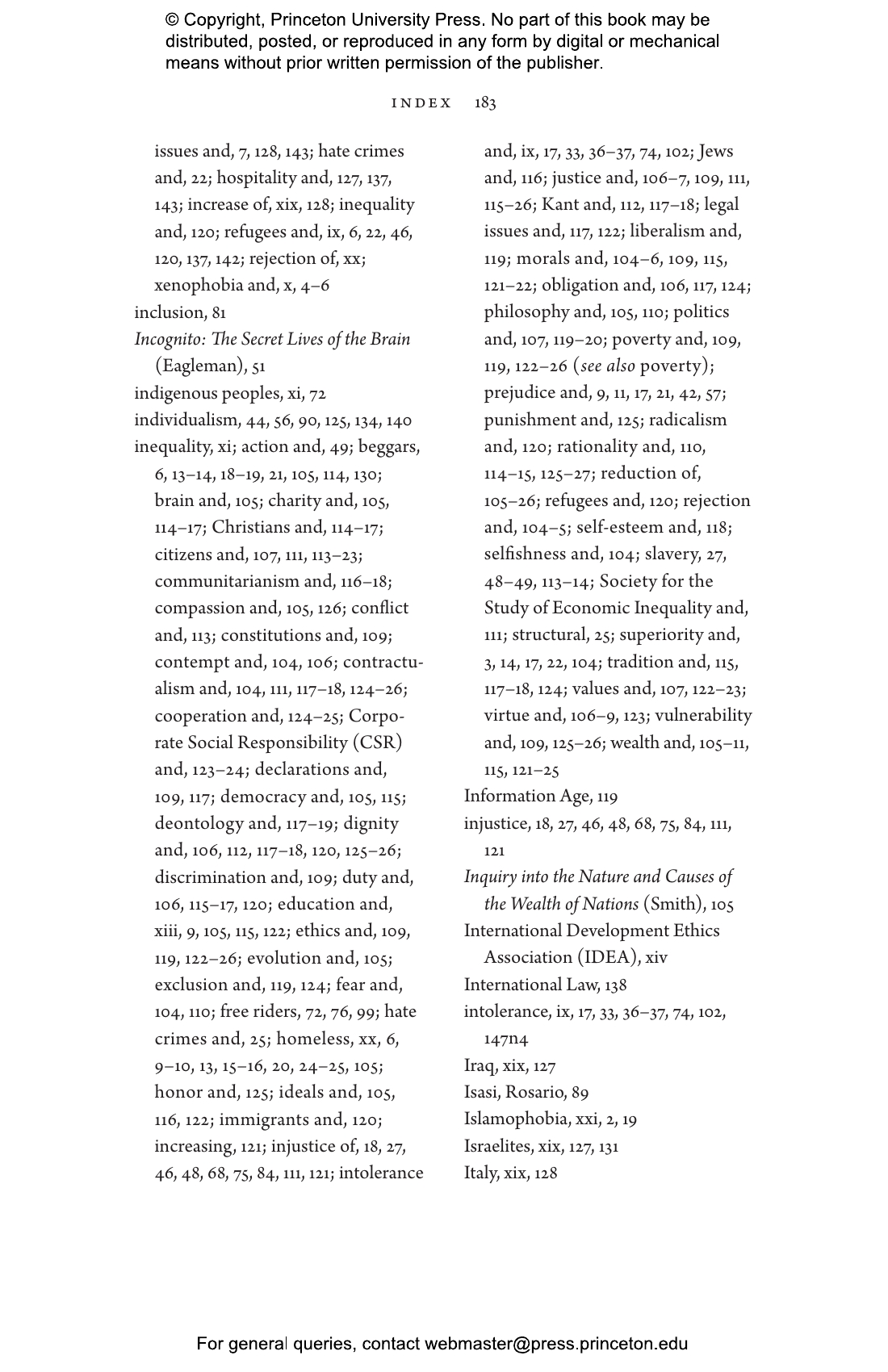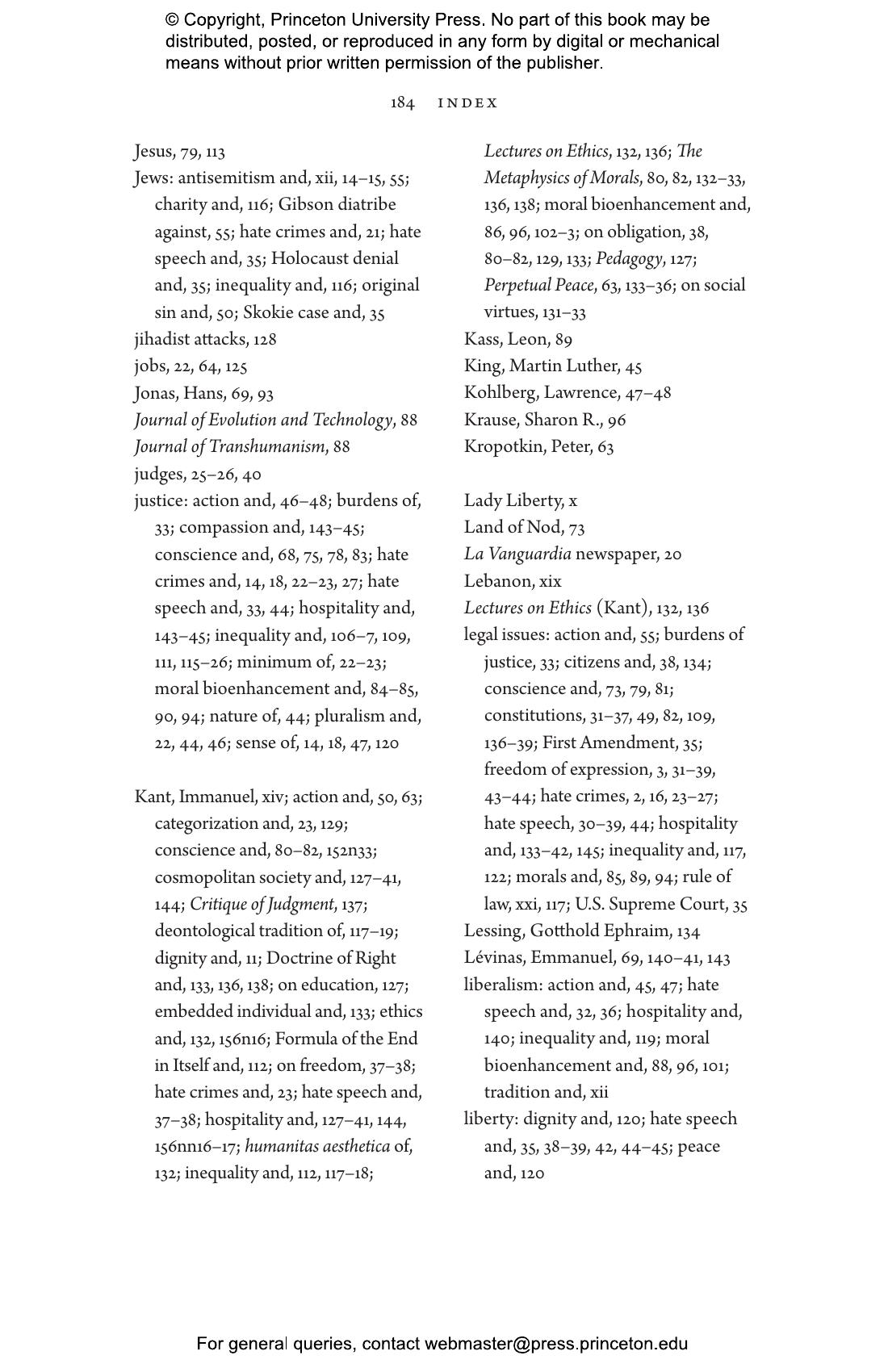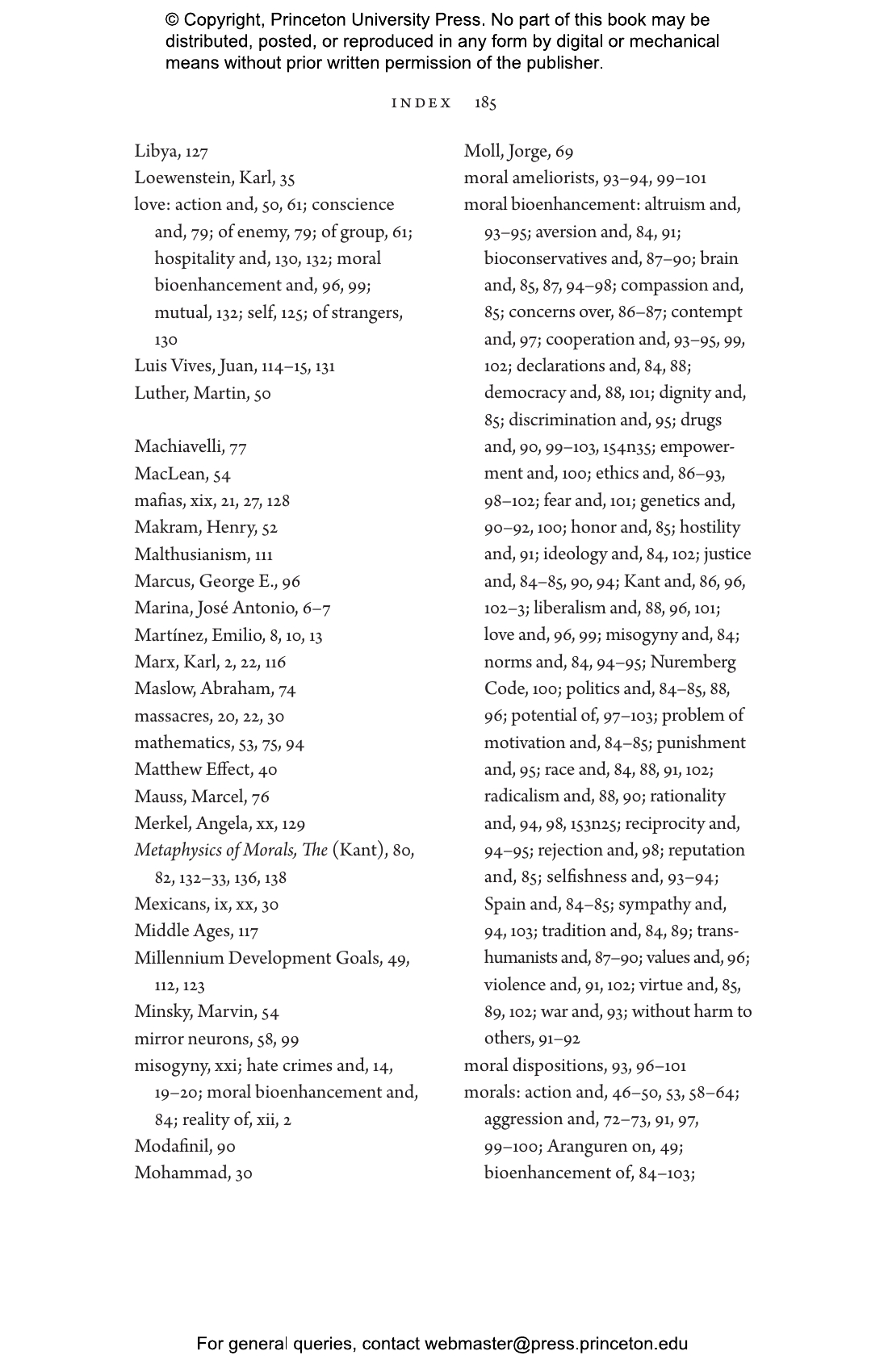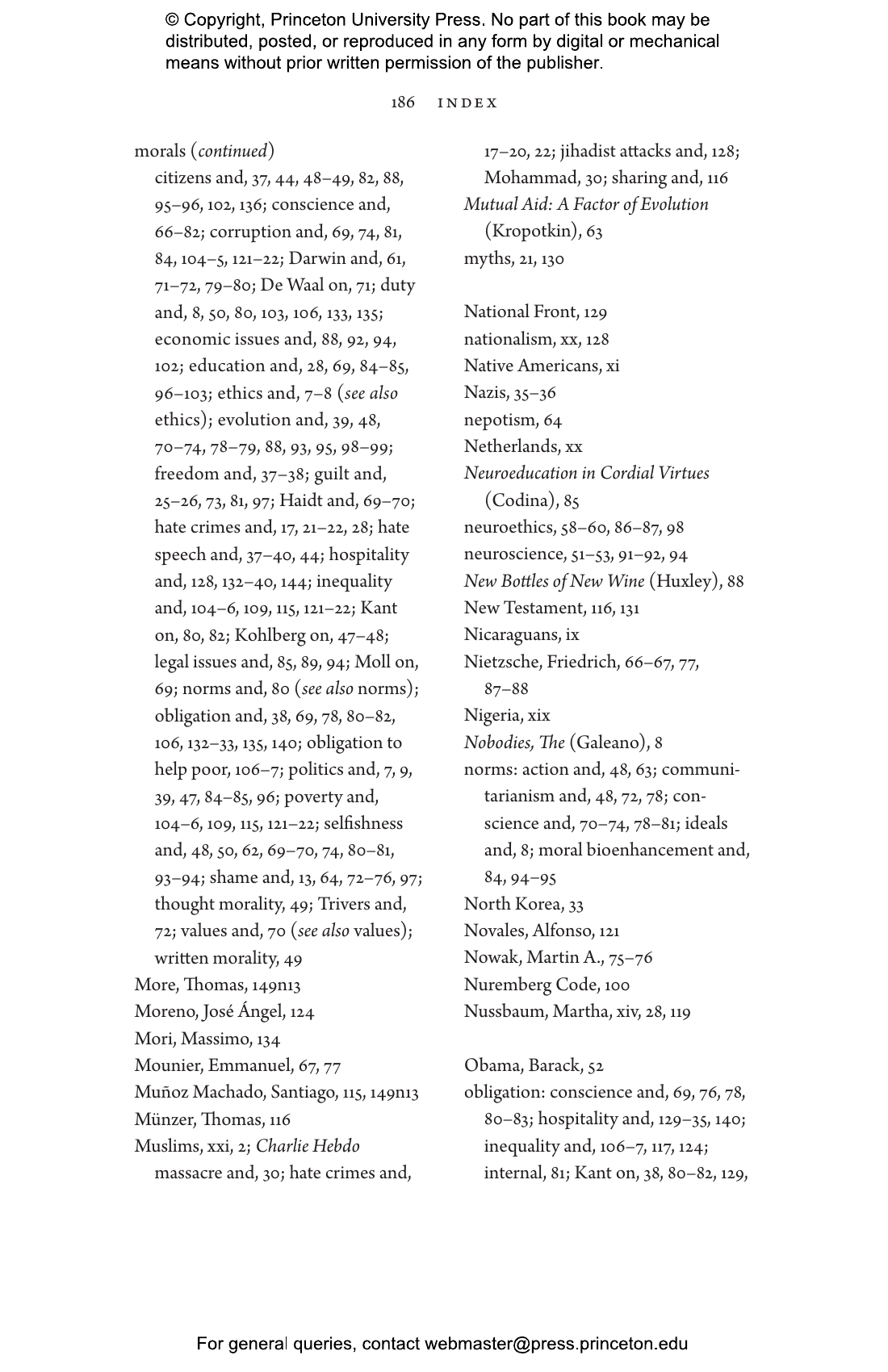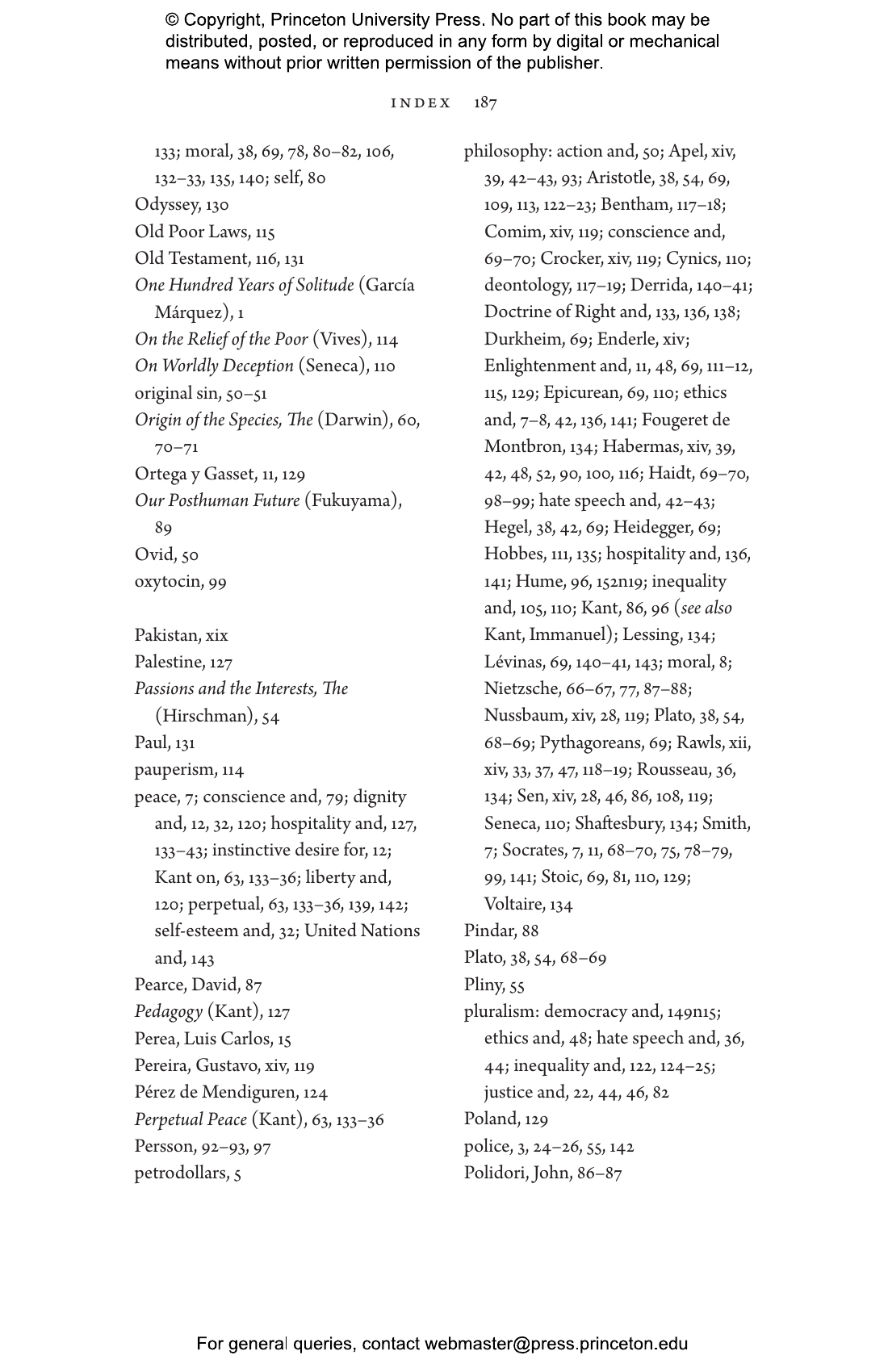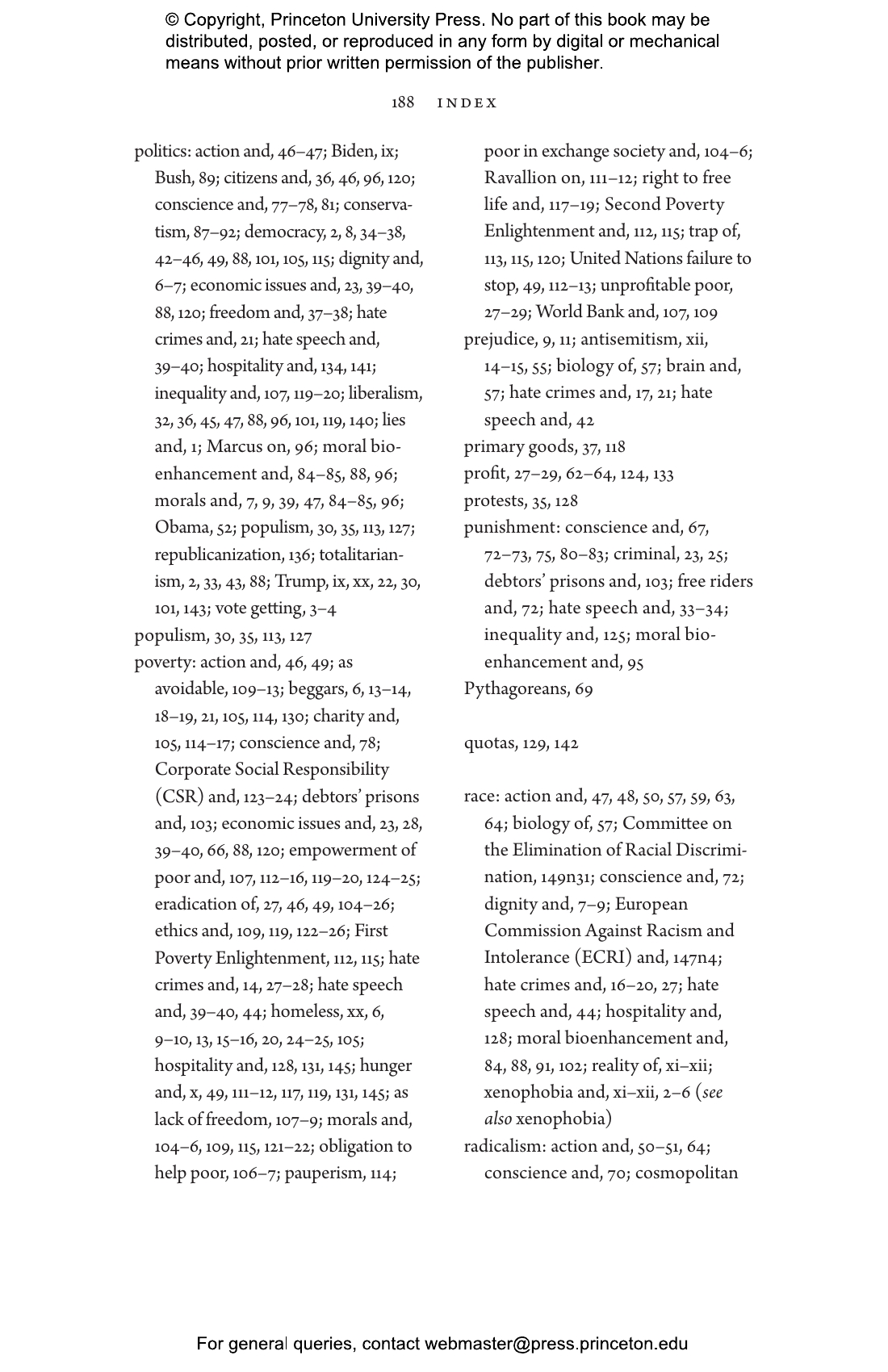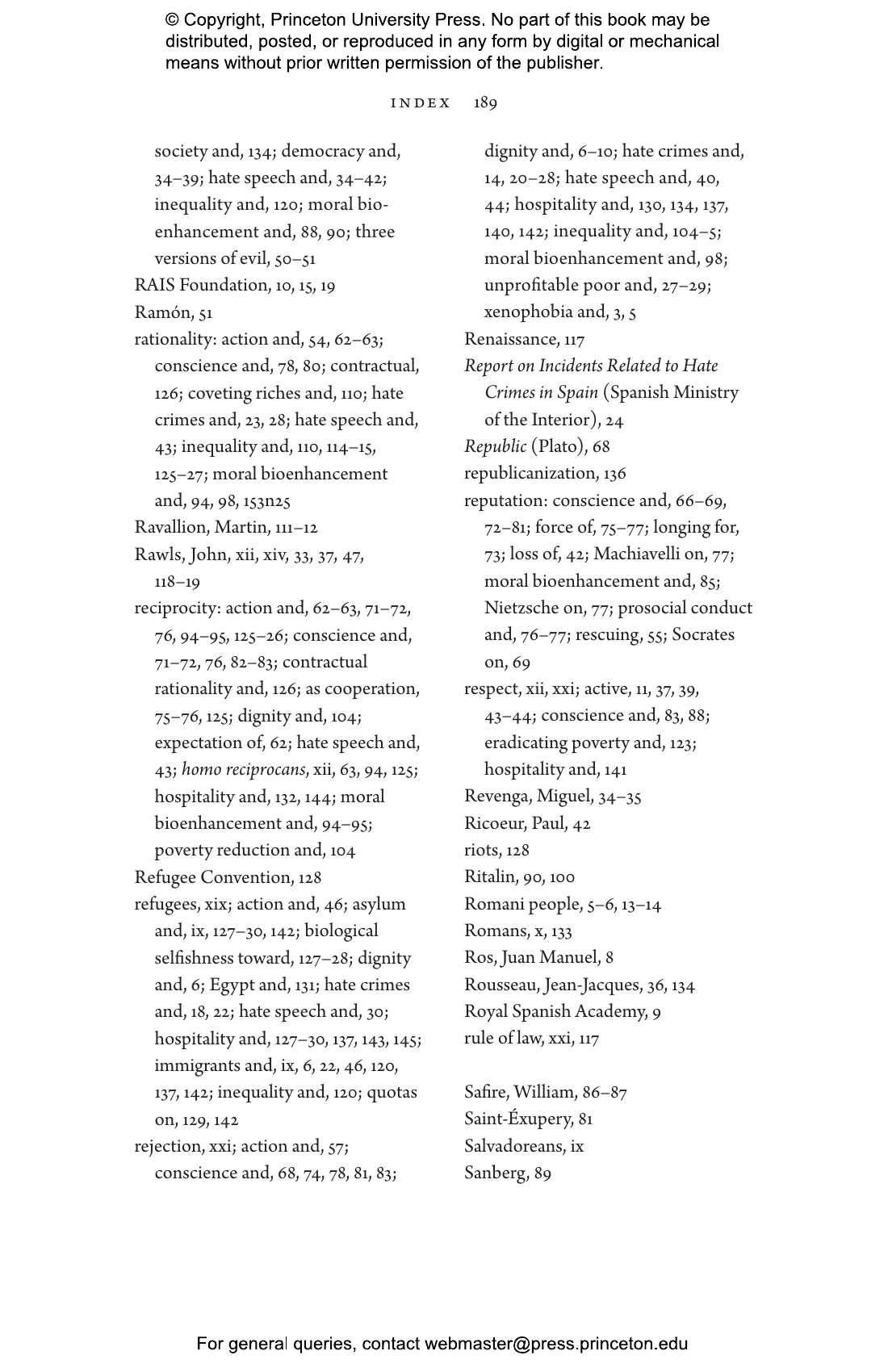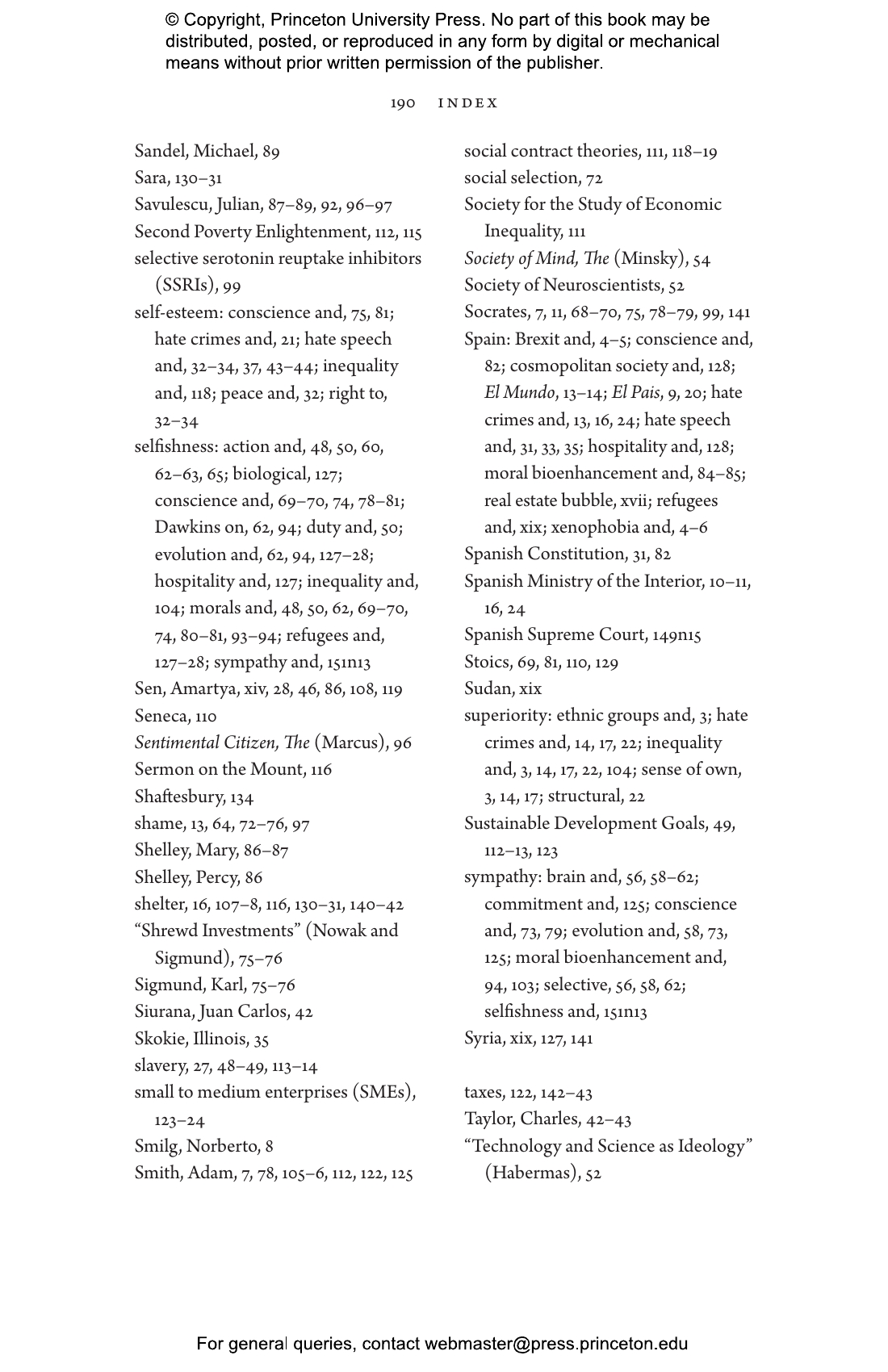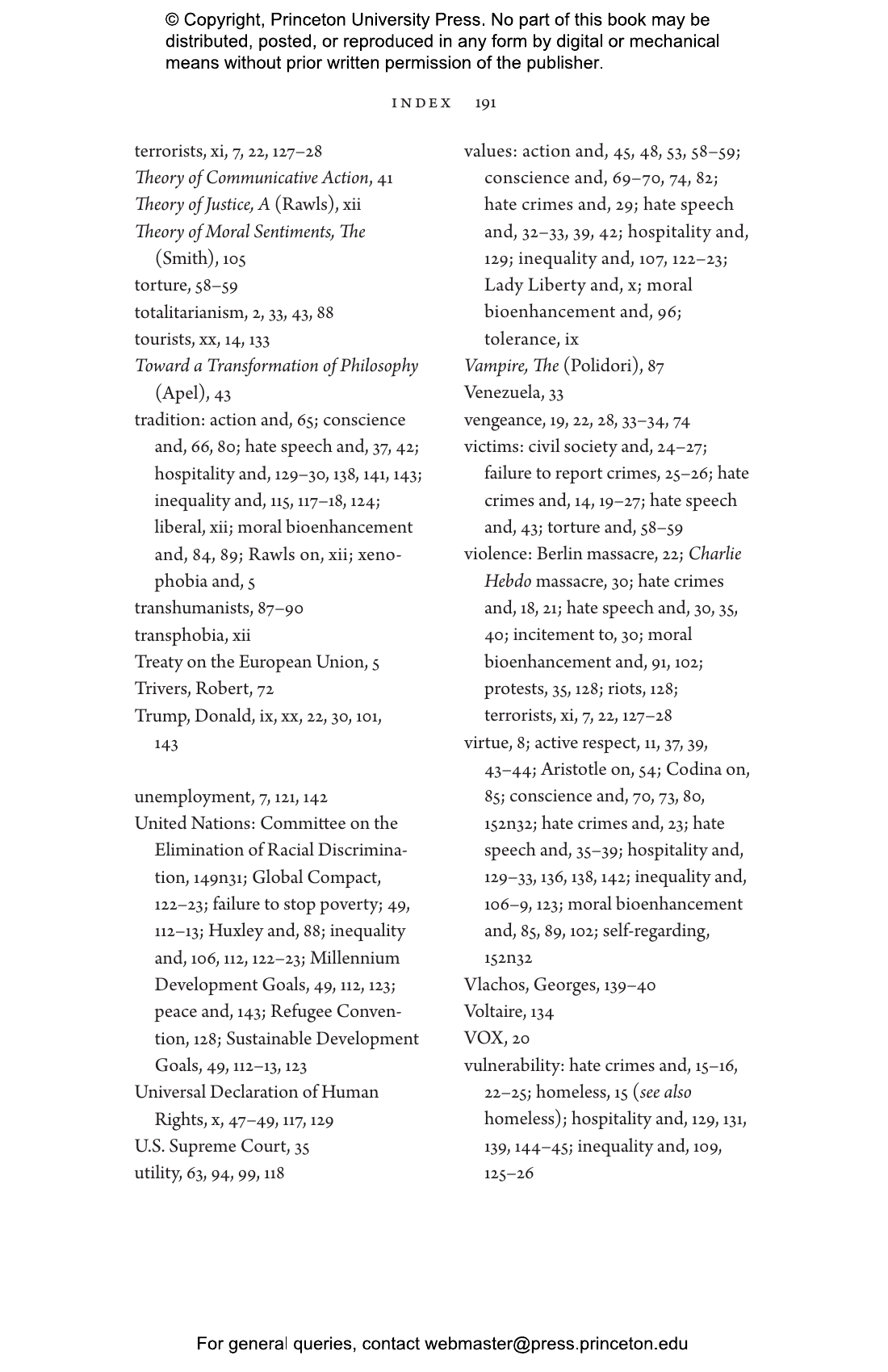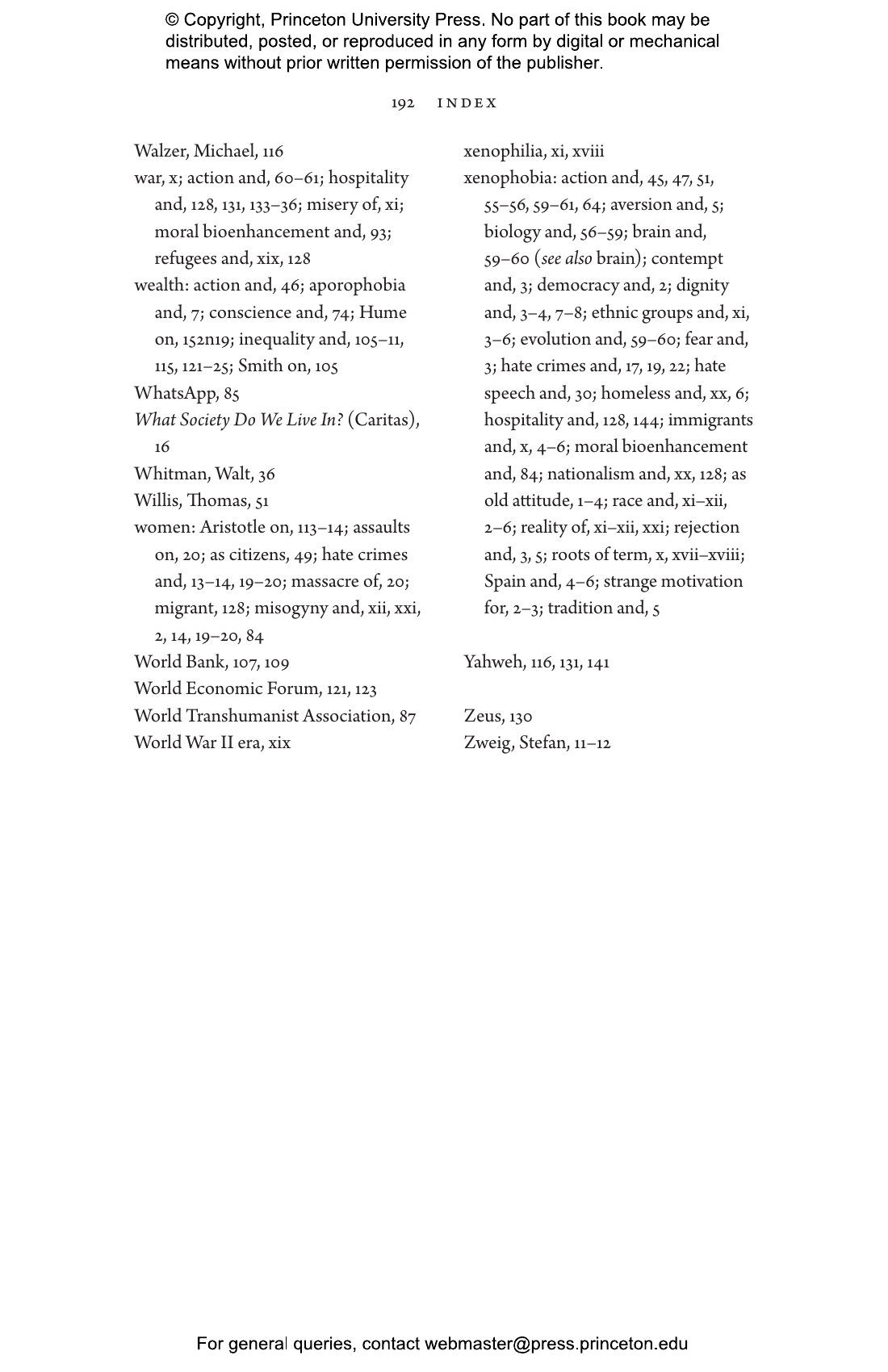Aporophobia: Why We Reject the Poor Instead of Helping Them
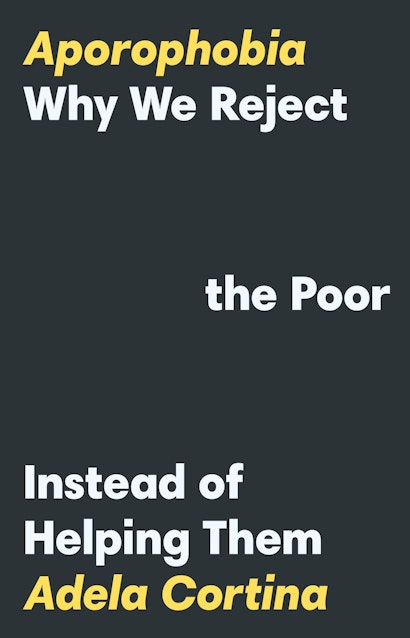

Hardcover
Paperback
ebook (EPUB via app)
- Sale Price:
- $20.97/£17.50
- Price:
-
$29.95/£25.00 - ISBN:
- Published:
- Nov 15, 2022
- Copyright:
- 2022
30% off with code PUP30
ebook (PDF via app)
-
Audio and ebooks (EPUB and PDF) purchased from this site must be accessed on the
91ÌÒÉ« app. After purchasing, you will receive an email with
instructions to access your purchase.
About audio and ebooks - Request Exam Copy
In this revelatory book, acclaimed political philosopher Adela Cortina makes an unprecedented assertion: the biggest problem facing the world today is the rejection of poor people. Because we canât recognize something we canât name, she proposes the term âaporophobiaâ for the pervasive exclusion, stigmatization, and humiliation of the poor, which cuts across xenophobia, racism, antisemitism, and other prejudices. Passionate and powerful, Aporophobia examines where this nearly invisible daily attack on poor people comes from, why it is so harmful, and how we can fight it.
Aporophobia traces this universal prejudiceâs neurological and social origins and its wide-ranging, pernicious consequences, from unnoticed hate crimes to aporophobiaâs threat to democracy. It sheds new light on todayâs rampant anti-immigrant feeling, which Cortina argues is better understood as aporophobia than xenophobia. We reject migrants not because of their origin, race, or ethnicity but because they seem to bring problems while offering nothing of value. And this is unforgivable in societies that enshrine economic exchange as the supreme value while forgetting that we canât create communities worth living in without dignity, generosity, and compassion for all. Yet there is hope, and Cortina explains how we can overcome the moral, social, and political disaster of aporophobia through education and democratic institutions, and how poverty itself can be eradicated if we choose.
In a world of migrant crises and economic inequality, Aporophobia is essential for understanding and confronting one of the most serious problems of the twenty-first century.
